
Ölçüm odasında, üretimde, gelen mallarda ve geliştirme alanında kalite kontrol için yüksek kaliteli metroloji.
Gear Metering Pumps & Meter Mix Dispense Machines with highest accuracy for processing liquids and pastes.
High-precision rotary stroke bearings for backlash-free linear and rotational movements for use in machine and device construction.
Metrology Form ve pozisyon metrolojisi Mil ölçüm teknolojisi Dişli ölçüm teknolojisi Optik metroloji İkinci el makine portalı


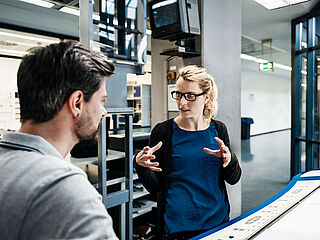



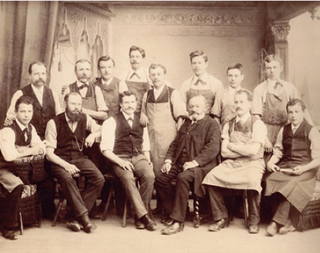

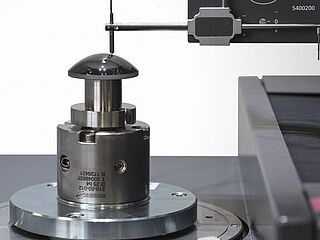





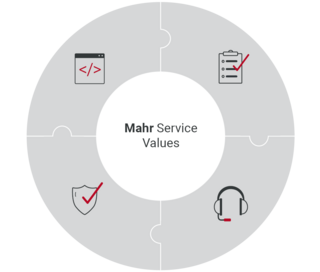






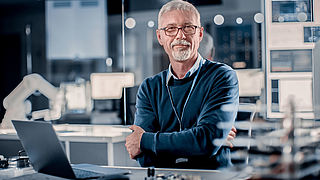
As an internationally active company, Mahr holds its patents not only in Germany, but worldwide.

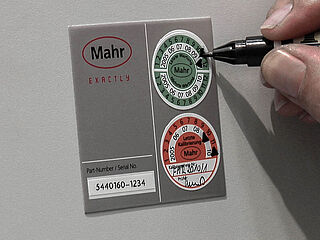

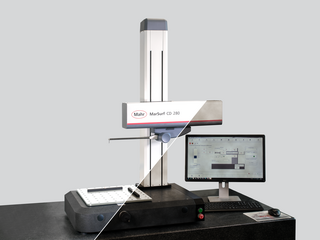
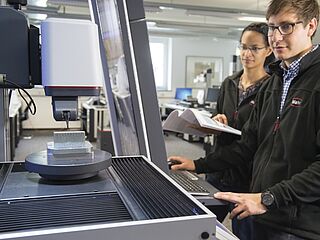

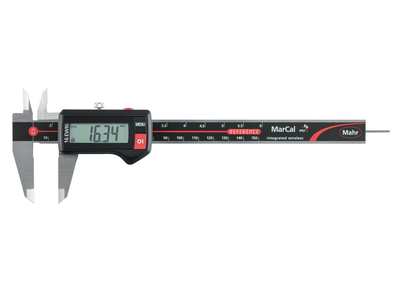
Mahr'dan yenilikçi el tipi ölçüm ekipmanları: Kumpaslar, mikrometre vidaları ve analog indikatörler #96, analogdan dijitale entegre kablosuz aktarımlı modellere. Mahr'ın karşılaştırmalı ölçüm aletleri ve referans standartları vazgeçilmezdir
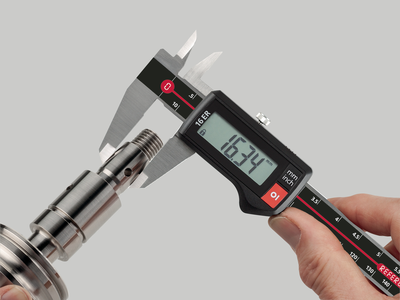
Analogdan dijitale, her çeşit kumpas yelpazesi. Kolay kullanım, kablosuz ve son derece hassas. Üretimde verimli kullanım için mükemmel.
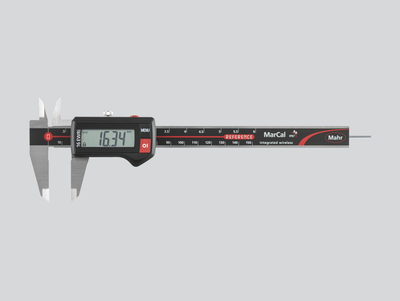
Güvenli, okunması kolay dijital ekran, modern tasarım ve her zamanki Mahr hassasiyeti dijital kumpaslarımızın ayırt edici özelliğidir. Ürün gamında, tüm uygulamalar için ölçüm aletleri bulunur. Veri aktarımı için çeşitli arabirimler ve IP 67'ye kadar koruma derecesi ile karşılanmadık talep kalmaz.
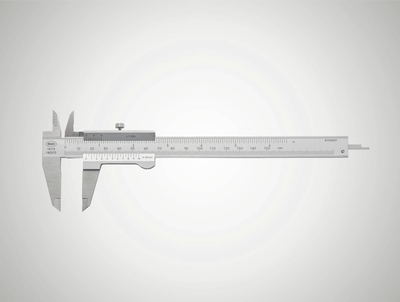
Skalayı korumak ve en yüksek hassasiyeti sağlamak için yansıma önleyici okuma ünitesi, sertleştirilmiş çelik, yükseltilmiş kılavuzlar. Klasik nonius kumpas ile Mahr'dan kaliteli kumpas özellikleri.
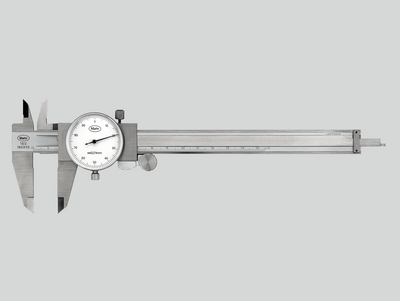
Uzun süreli hassasiyet için büyük, yüksek kontrastlı kadran ve darbeye karşı korumalı ölçüm aleti. Hızlı ve güvenli okuma için denenmiş ve test edilmiş mekanik tasarım.
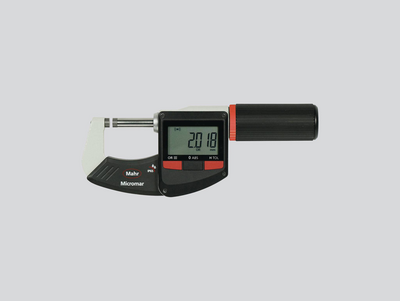
Çeşitli tasarımlarda maksimum hassasiyet. Mahr'ın mikrometre vidaları geleneksel mekanik, dijital ve kablosuz versiyonlarda mevcuttur.
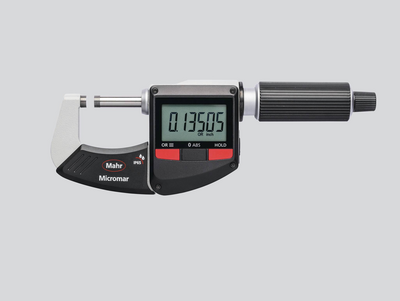
Net dijital ekran, modern tasarım ve her zamanki Mahr hassasiyeti dijital dış mikrometrelerimizin öne çıkan özellikleridir. Ürün gamında, tüm uygulamalar için ölçüm aletleri bulunur. Veri aktarımı için çeşitli arabirimler ve IP 65'e kadar yüksek koruma derecesi ile karşılanmadık talep kalmaz.
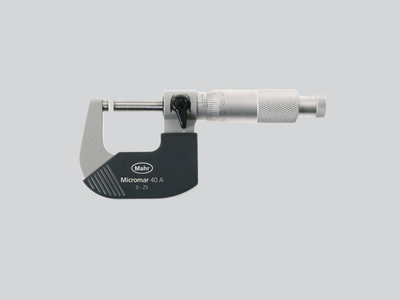
Yansıma önleyici okuma ünitesi, ısı yalıtım plakaları ve maksimum duyarlılık için hassas topraklanmış mil. Mahr'dan kaliteli mikrometre özellikleri.
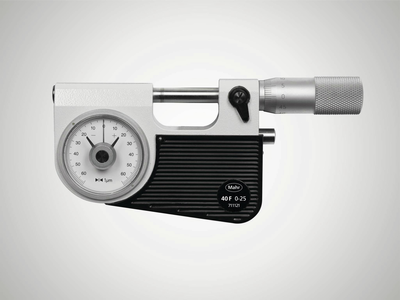
Seri parçaların (mil, cıvata, şaft) güvenilir ve hızlı testi için özellikle uygundur. Boyutsal hassasiyet, analog komparatörde bir bakışta tanınır ve okunur.
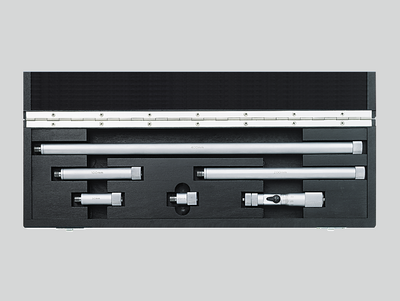
2.500 mm'ye kadar büyük çapları ve test mesafelerini ölçmek için uygundur
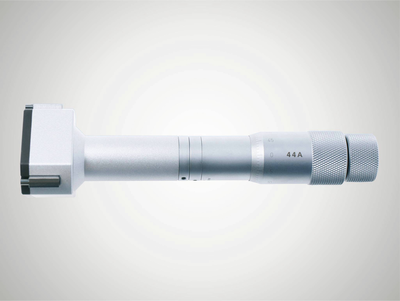
Skalalı veya dijital ekranlı veya tabanca tipi kabzalı hızlı ölçüm aleti olarak mevcuttur. Mahr 3 noktalı iç ölçüm cihazları, otomatik merkezleme sayesinde her zaman güvenilir ölçüm sonuçları sağlar.
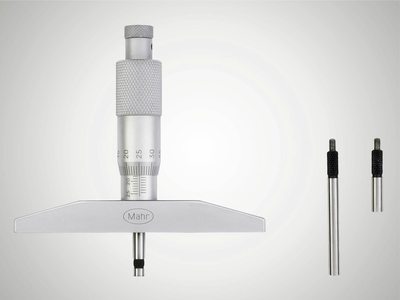
Yansıma önleyici okuma ünitesi ve maksimum duyarlılık için hassas topraklanmış mil. Mahr'dan kaliteli mikrometre özellikleri.
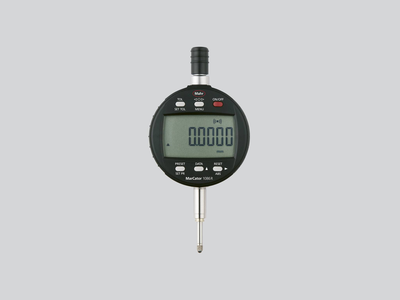
Analogdan dijitale, tüm kadranlı mastar, analog komparatör ve kadran testi indikatörleri yelpazesi. Kolay kullanım, kablosuz (isteğe bağlı), ve son derece hassas. Üretimde verimli kullanım için mükemmel.
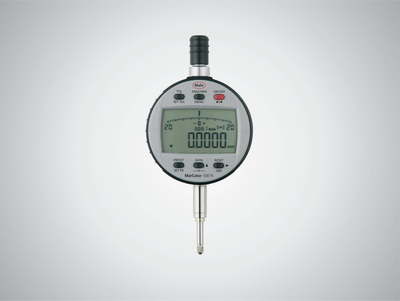
Net dijital ekran, sağlam yapı ve yüksek Mahr hassasiyeti, dijital kadranlı mastarlarımızı niteler. Ürün gamında, tüm uygulamalar için ölçüm aletleri bulunur. Veri aktarımı için çeşitli arabirimler ve IP 54'e kadar koruma derecesi ile karşılanmadık talep kalmaz.
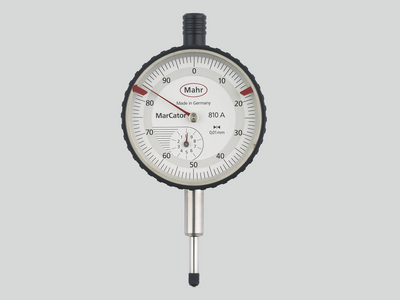
Aşağıdaki özellikler sayesinde yüksek duyarlılık ve hassasiyet: Ölçüm aleti eksenlerinin, hassas dişli çarkların ve pinyonların sağlam montaj bağlantısı, yüksek hassasiyette monte edilmiş ölçüm pimi
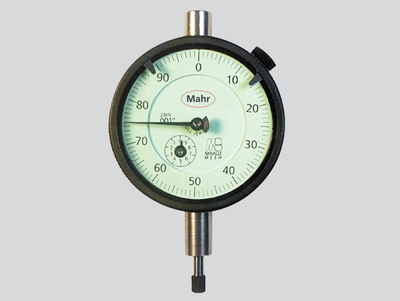
Aşağıdaki özellikler sayesinde yüksek duyarlılık ve hassasiyet: Ölçüm aleti eksenlerinin, hassas dişli çarkların ve pinyonların sağlam montaj bağlantısı, yüksek hassasiyette monte edilmiş ölçüm pimi
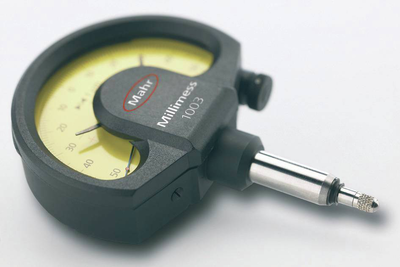
Analog kadranlı indikatörlerle karşılaştırıldığında, Millimess kadran komparatörleri daha da hassas bileşenlere sahiptir, bu da daha iyi ölçüm hassasiyeti ve çok daha iyi bir histerezis hatası sağlar. Bu avantajlar özellikle kaçıklık testlerinde, doğruluk ve düzlük ölçümlerinde ve karşılaştırmalı ölçümlerde belirgindir.
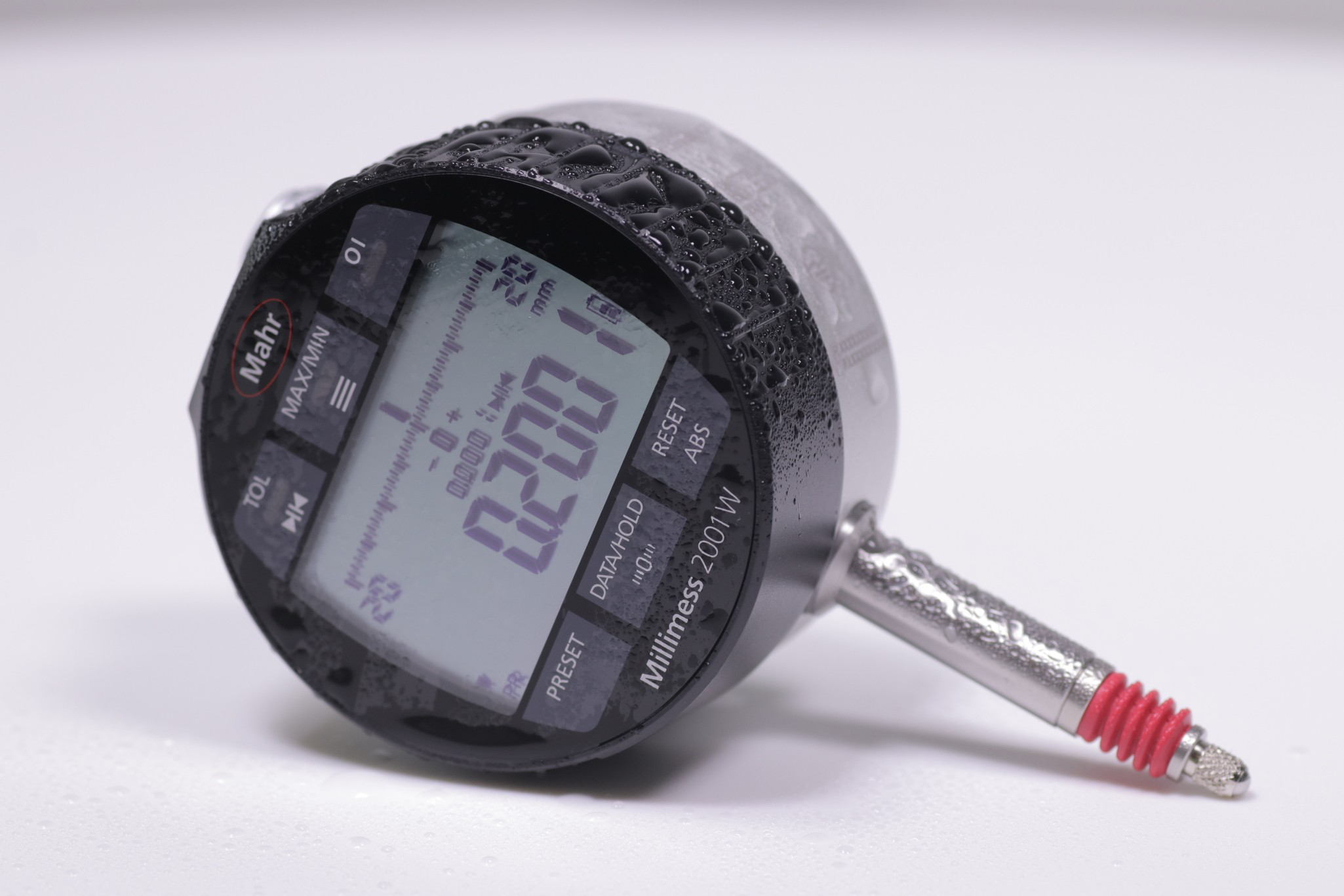
Yüksek hassasiyetli endüktif Millimess analog komparatörler 0,2 μm'ye kadar dijital artışlar yapabilir. Tolerans izleme, dinamik ölçümler için minimum veya maksimum kayıt, birleşik sayısal ve skala ekranı ve kolay veri aktarımı gibi kullanıcı dostu işletim işlevleri, cihazı vazgeçilmez bir hassas ölçüm aleti haline getirir.
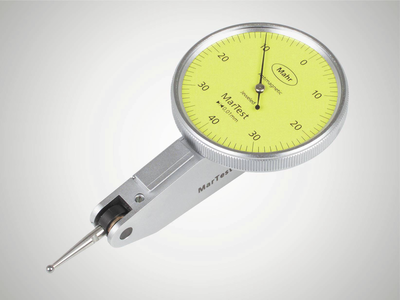
Bilgisayarla optimize edilmiş hassas ölçüm aracı, maksimum güvenilirlik ve hassasiyet sağlar. Zorlu atölye kullanımı için ekran, sertleştirilmiş bir mineral cam panel tarafından çizilmeye veya kırılmaya karşı mükemmel bir şekilde korunur ve ayrıca sızdırmaz, nüfuz eden sıvılara karşı güvenilir koruma sağlar.
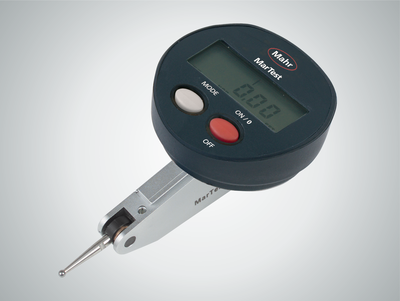
Okunması kolay dijital ekran, sağlam tasarım ve yüksek Mahr hassasiyeti, dijital kadranlı test indikatörlerimizi niteler.

NC tezgahları, işleme merkezleri ve aşındırma tezgahları için Mahr 3D ölçüm probları, kurulum ve arıza sürelerini kısaltır. İş parçaları ve fikstürlerdeki referans kenarlarına hassas şekilde temas etmek için mükemmeldir.
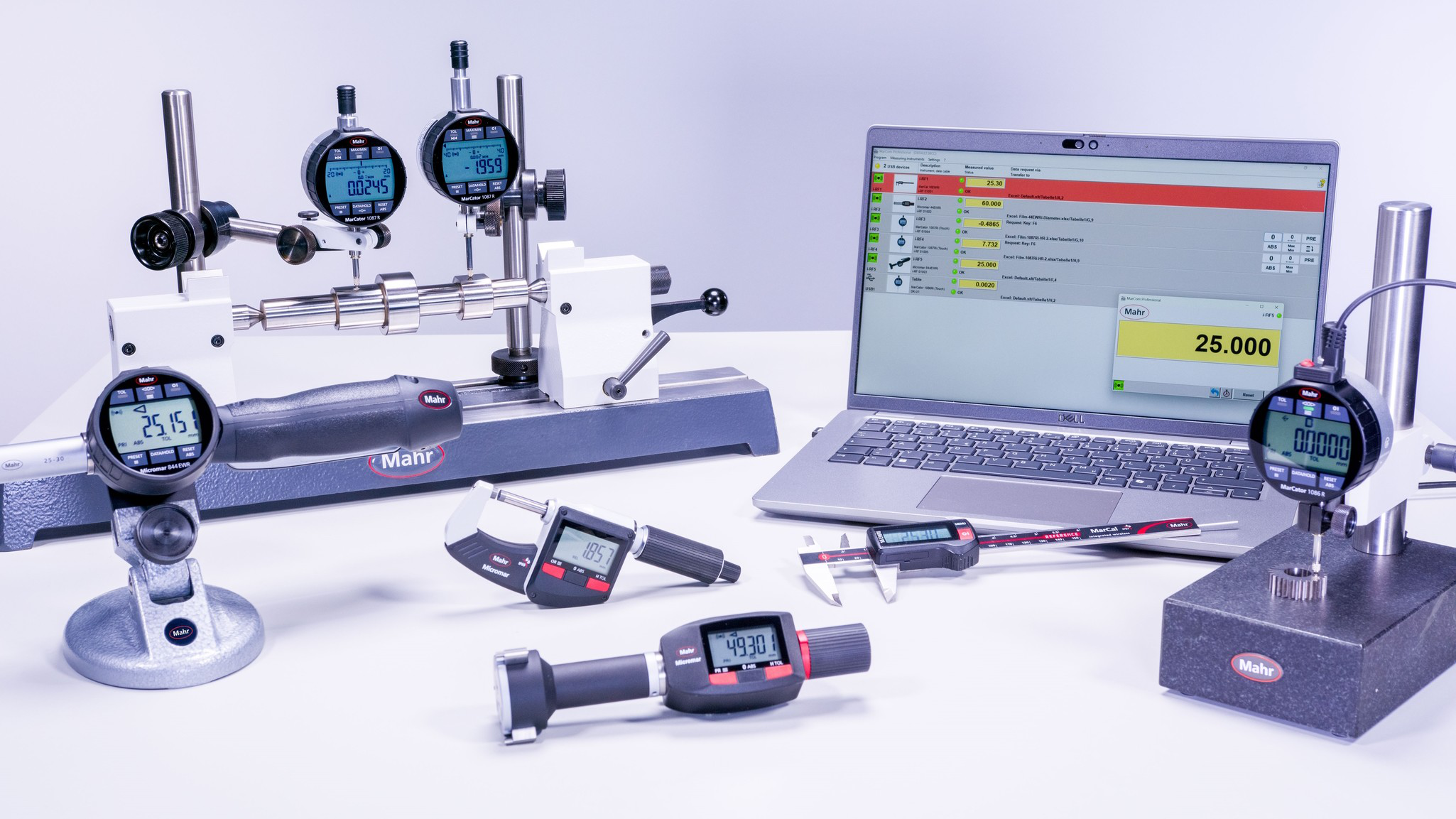
Entegre Kablosuz, harici kablosuz modüller, USB, Opto RS232 veya Digimatic olsun: Kullandığınız arabirim standardından bağımsız olarak MarConnect, her zaman en iyi bağlantıyı sağlar.
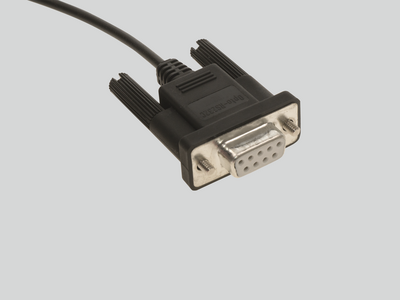
Birçok Mahr hassas mastarı, MarConnect arabirimi ile bir veri çıkışına sahiptir. USB, Opto RS232 veya Digimatic; kullandığınız arabirim standardından bağımsız olarak MarConnect, her zaman en iyi bağlantıyı sağlar.
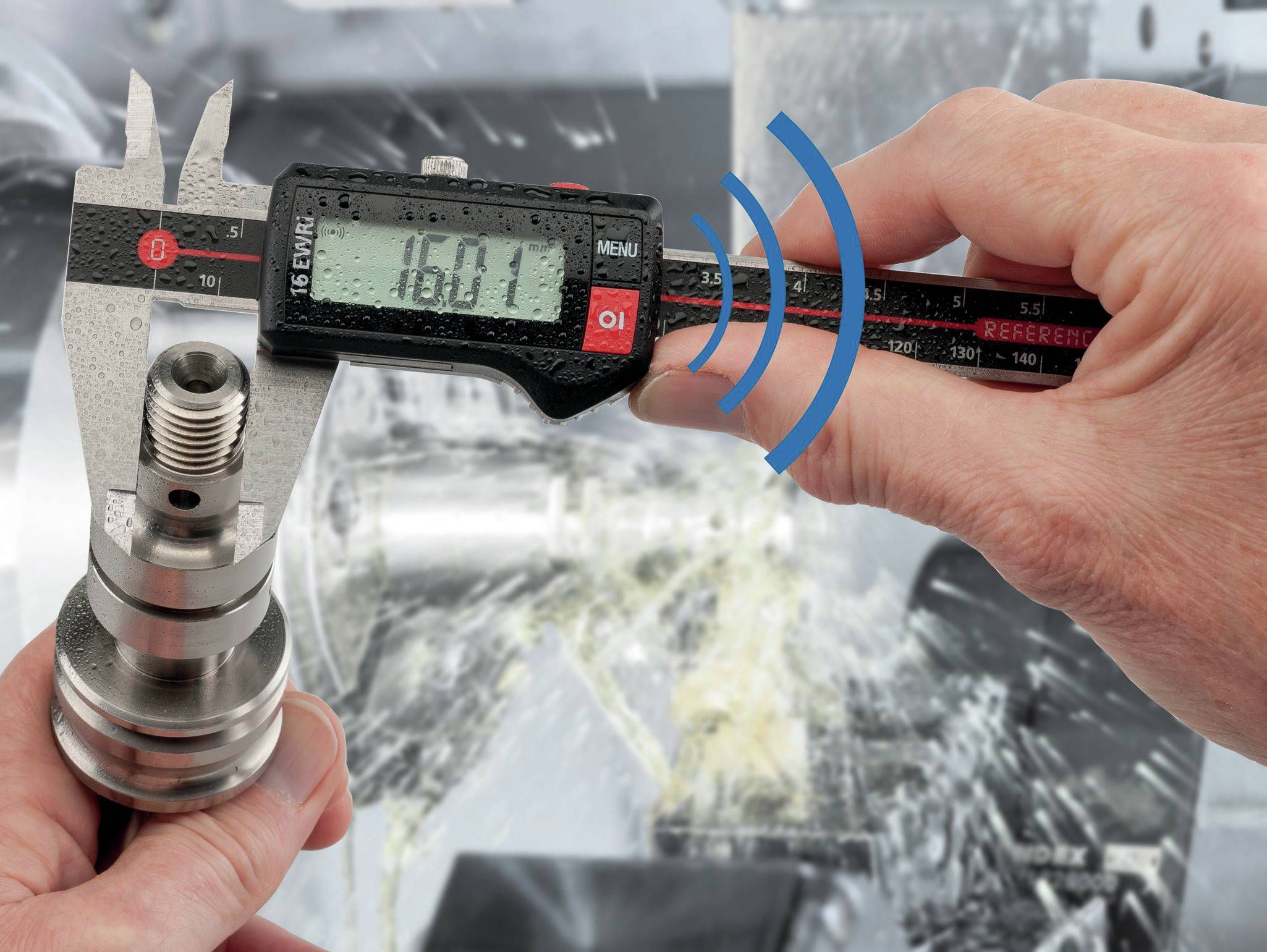
Mahr'ın Kablosuz serisi, tam mobilite ile hassas ölçüm sonuçları sağlar. Kablolu teknolojinin kısıtlamaları olmadan ölçmenin modern ve kolay yolu.
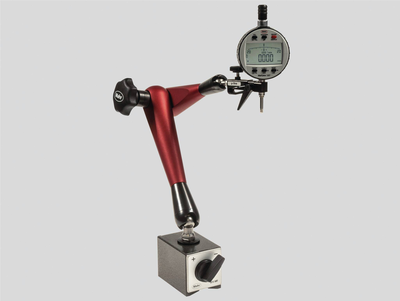
MarStand ölçüm tripodları, ölçüm tablaları ve radyal salgı mastarları, hassas ölçüm sonuçlarının dayanağı olan yüksek stabilite sunar. Analog indikatörleriniz, analog komparatörleriniz, analog test indikatörünüz, ölçüm cihazlarınız ve ölçüm problarınız için gerekli desteği sunarlar.
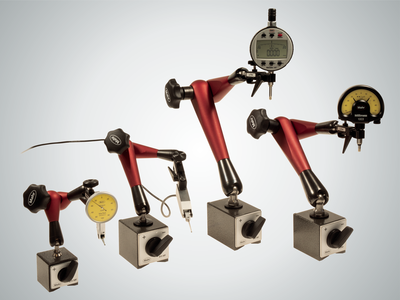
Ölçüm tripodları, kararlı tasarımları sayesinde hassas ölçüm sonuçları için dayanak sağlar. Analog indikatörleriniz, analog komparatörleriniz, analog test indikatörünüz, ölçüm cihazlarınız ve ölçüm problarınız için gerekli desteği sunarlar.
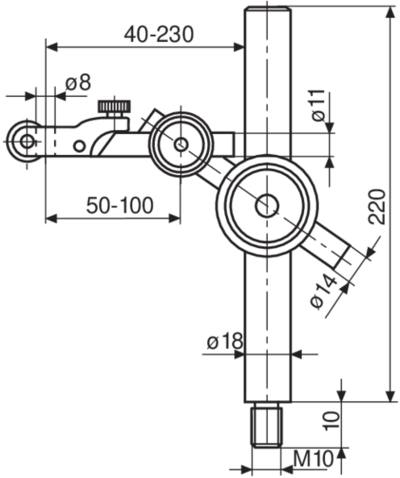
MarStand direk ve destek tertibatları, bağımsız çözümler için kullanılır ve hassas ölçüm sonuçları için gerekli olan yüksek stabilite sunar. Analog indikatör, analog komparatör, analog test indikatörü ölçüm cihazları ve ölçüm probları için gerekli desteği sunarlar.
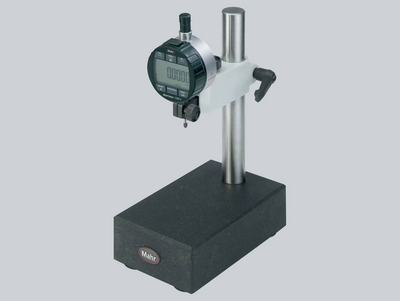
Ölçüm tablaları, hassas ve seviyeli bir ölçüm tablasını, sabit bir ölçüm sütununu ve güçlü kol parçalarını birleştirir. MarStand ölçüm tablaları, ekstra kararlı tasarımları sayesinde hassas ölçüm sonuçları için dayanak sağlar.
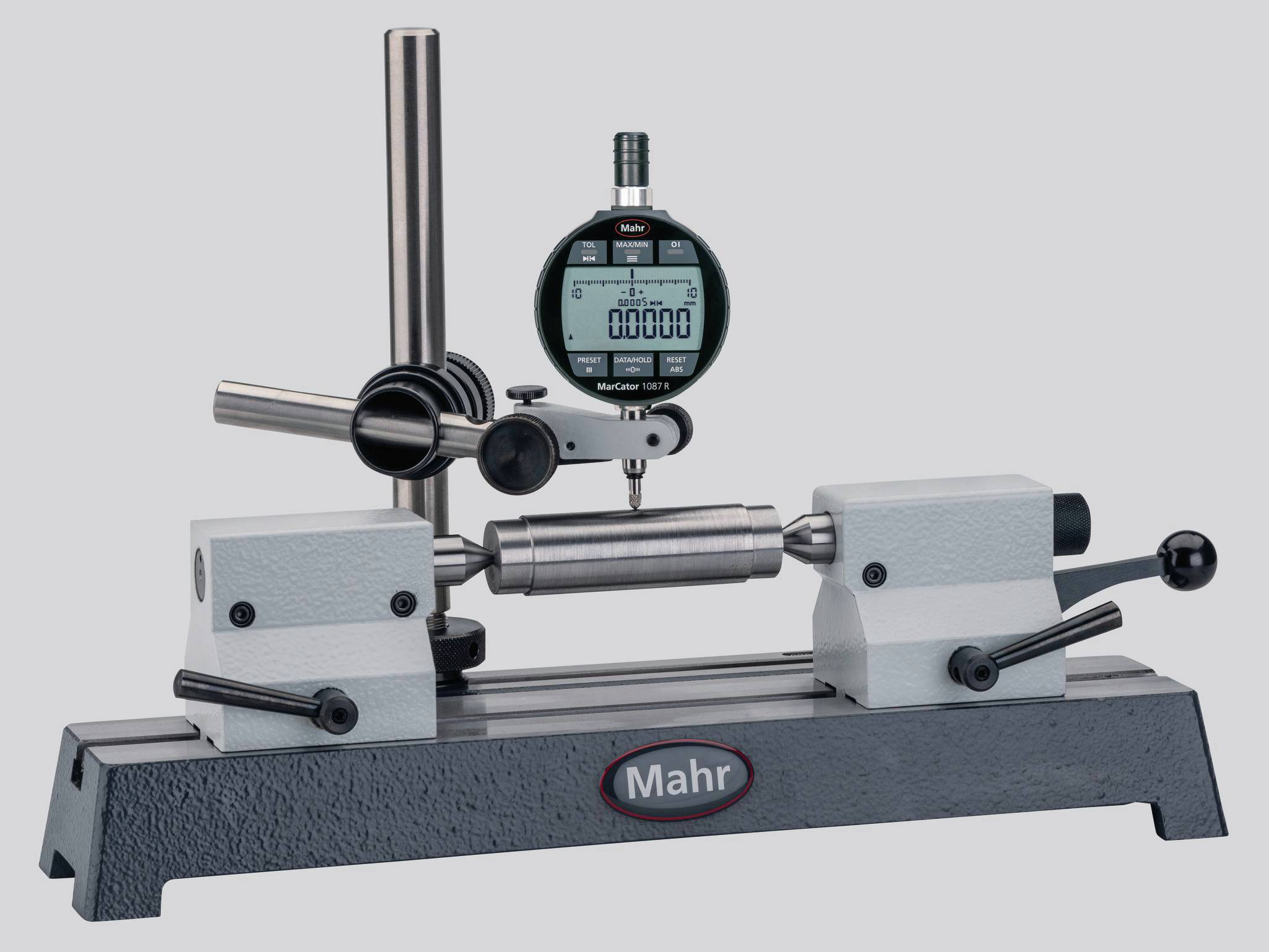
Radyal salgı mastarları, üretime yakın bir ortamda millerdeki konum ve biçim hatalarını tespit etmenin en basit yöntemidir. Model çeşitliliği nedeniyle, sağlam MarStand radyal salgı mastarları, çok çeşitli iş parçası gereksinimleri ve hassas ölçüm sonuçları için temel oluşturur.
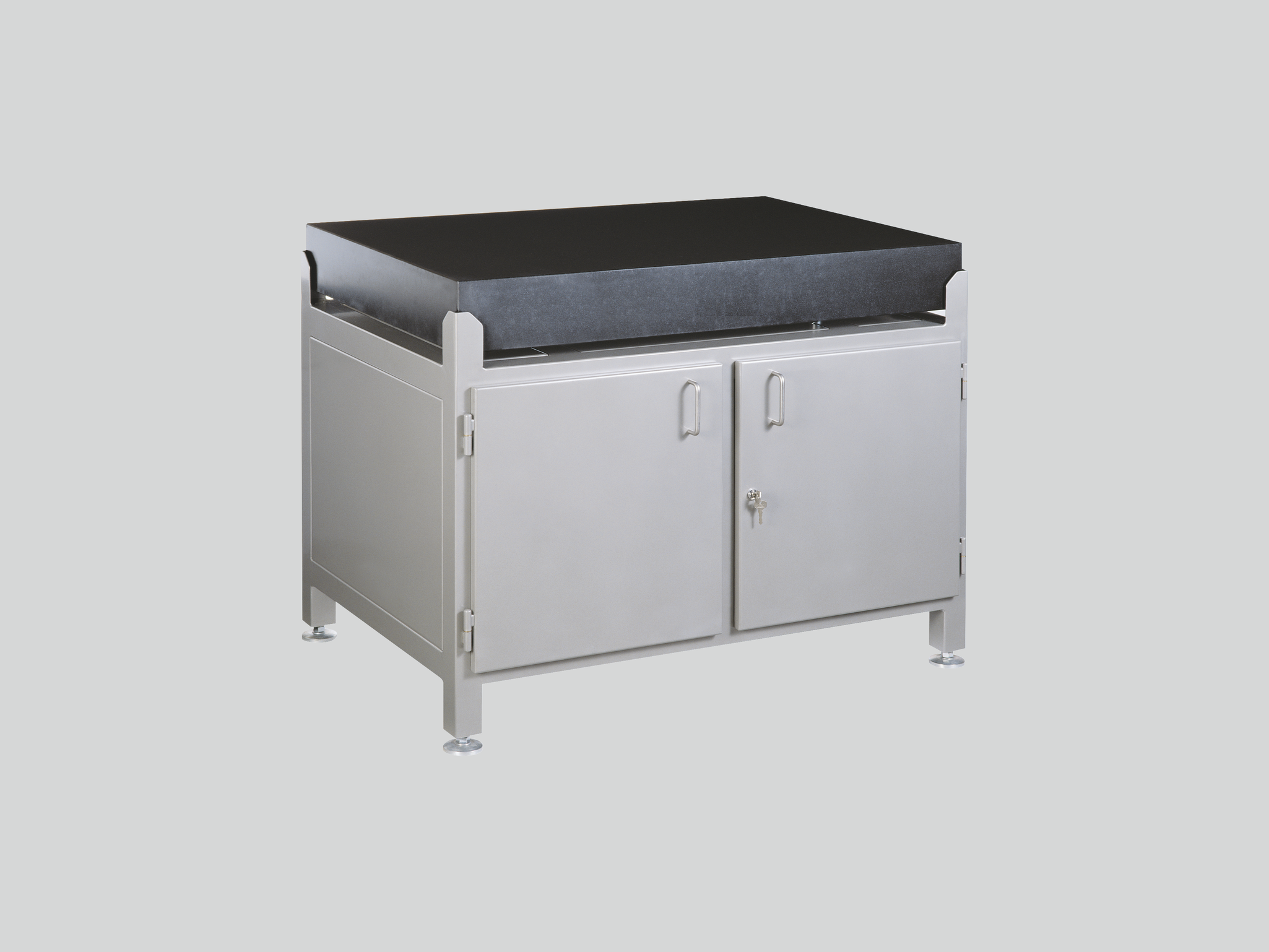
Sert granitten yapılmış test plakaları, plakaların yüksek mukavemeti ve boyutsal kararlılığı nedeniyle yükseklik ölçüm aletleriniz için mükemmel bir yüzeydir.
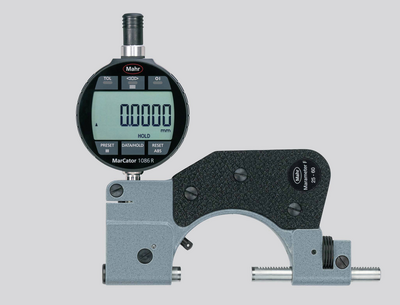
Gösterge mastarlarının karşılaştırmalı mastarlar olarak kullanılması, üretimde hassas ölçümler için mükemmel bir araçtır. Mastarı bir referans standardına ayarlamak sapma marjını azaltır ve sıcaklık dalgalanmalarının ölçüm sonucu üzerindeki etkisini en aza indirir.

Hassas ibre tutma mastarları, özellikle seri parçalar üzerinde güvenli ve hızlı testler için mil, cıvata ve şaft gibi silindirik parçaların hassas ölçümleri için mükemmel ölçüm araçlarıdır. Boyutsal hassasiyet, komparatörde bir bakışta tanımlanır ve okunur.
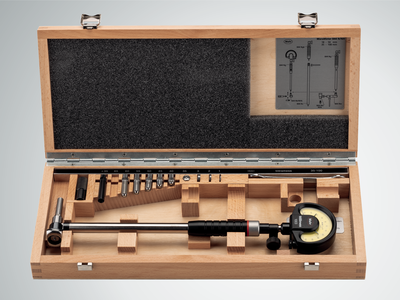
İç ölçüm cihazları, deliklerin çap, yuvarlaklık ve konikliğinin hassas bir şekilde ölçümü için mükemmel araçlardır.
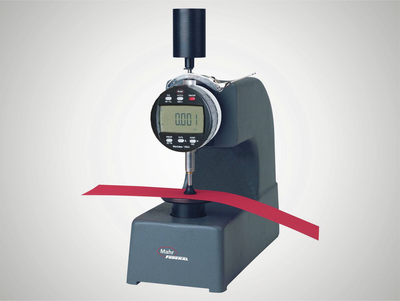
Kalınlık ölçerlerimiz, çeşitli film, sac ve levhaların özellikle hızlı ölçümü için sağlam ve basit bir aralık sunar.
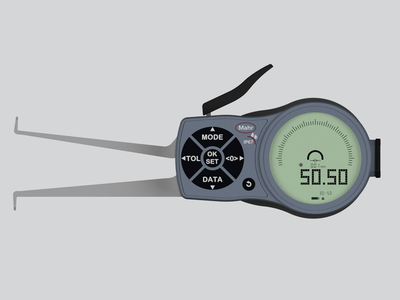
İş parçası geometrisi nedeniyle kumpas veya iç mikrometre vidaları gibi yaygın ölçüm aletleri kullanılamıyorsa kumpas mastarları mükemmel çözümdür!
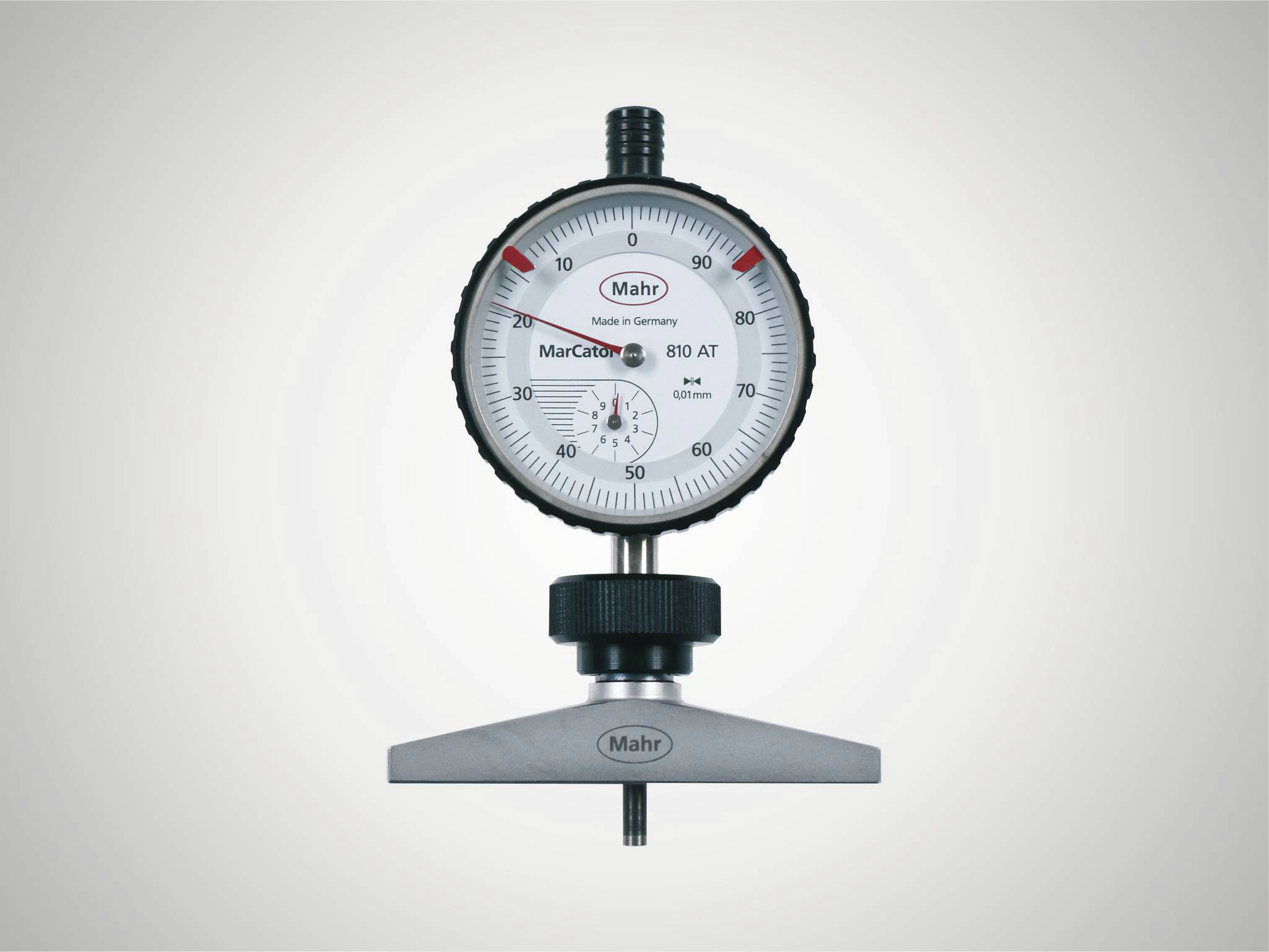
Derinlik mastarlarımız, özellikle hızlı derinlik ölçümleri için sağlam ve basit bir aralık sunar. 8 mm'lik montaj mili, ölçüm görevine göre analog indikatör, komparatör ve probların kullanımına uygundur.
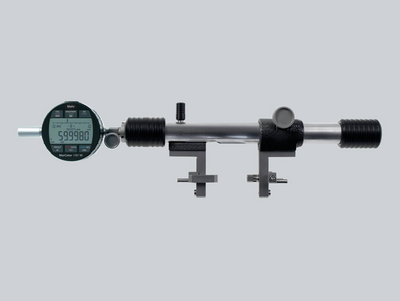
Çok amaçlı ölçüm aletleri, üretimde hassas ölçümler için mükemmel ortaklardır, çünkü bir referans standartla karşılaştırmalı ölçüm, sıcaklık dalgalanmalarının ölçüm sonucu üzerindeki etkisini en aza indirir.

Dişli, diş, konik veya girinti fark etmez. Multimar çok amaçlı ölçüm aletleri, standart ölçüm aletlerinin uygun olmadığı hemen hemen tüm iç ve dış ölçümler için ideal bir çözümdür. Temel ünite seçenekleri ve geniş bir aksesuar yelpazesi mevcuttur.
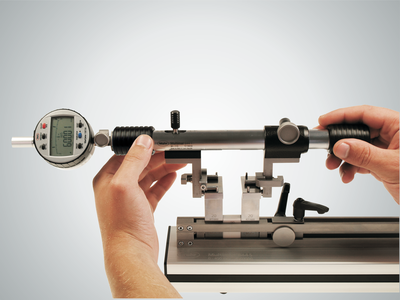
İç ve dış çap ölçüm aletlerinizi doğru şekilde ayarlayın. 844 S ayar aletlerini kullanırken daha büyük boyutlar için bile her ölçüm görevi amacıyla mükemmel bir donanıma sahipsiniz.
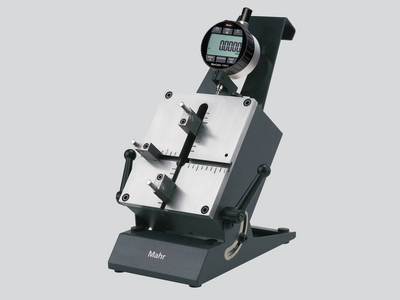
Merkezleme omuzları, dar bilezikler, veya girintiler fark etmez: Multimar 36B çok amaçlı ölçüm aletleri, neredeyse tüm iç ve dış ölçümler için ideal bir çözümdür. Temel ünite seçenekleri ve geniş bir aksesuar yelpazesi mevcuttur.
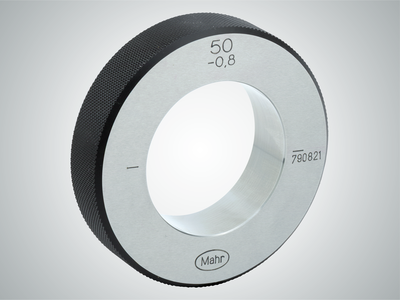
Mahr'ın ayar standartlarına ve mastarlarına güvenin - çünkü bunlar hassas ölçüm sonuçlarının dayanağıdır.
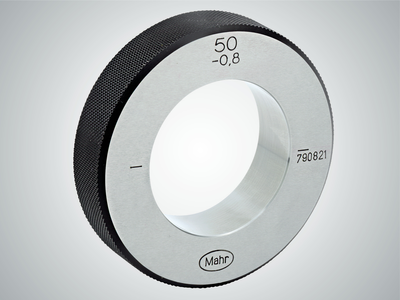
Mahr'ın ayar standartlarına güvenin, çünkü bunlar hassas ölçüm sonuçlarında referans olarak kullanılır
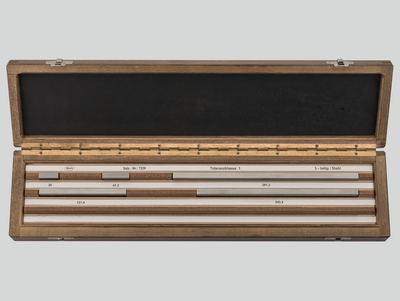
Mahr mastar blokları, yüksek kaliteli referans ve çalışma standartlarına sahip olmanızı sağlar. Atölyenizin, üretiminizin veya kalite güvencenizin gereksinimlerine uygun dört tolerans sınıfı ve iki malzeme arasından seçim yapın.
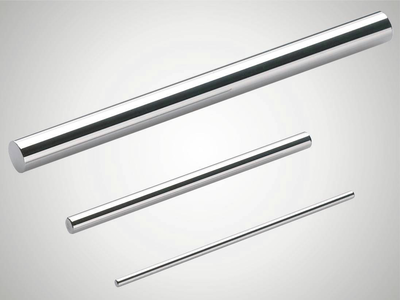
Mahr pim mastarları üç tolerans sınıfında ve çeşitli tasarımlarda mevcuttur. Atölyenizin, üretiminizin veya kalite güvencenizin gereksinimlerine uygun cihazı seçin.
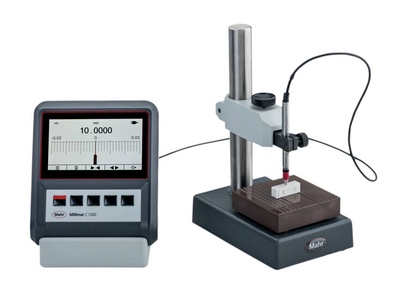
Elektriksel uzunluk ölçüm aletlerinin gereksinimleri, uygulamaları kadar çeşitlidir. Mükemmel güvenilirlik, hassasiyet ve kolay kullanım aranır.
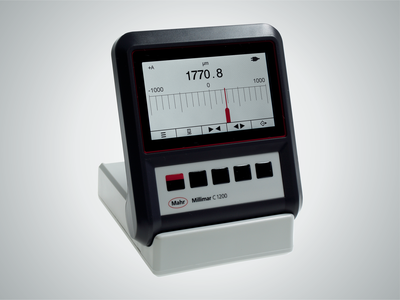
Elektriksel uzunluk ölçüm aletlerinin gereksinimleri, uygulamaları kadar çeşitlidir. Mükemmel güvenilirlik, hassasiyet ve kolay kullanım aranır. Millimar kompakt ve sütun ölçüm aletleri, bu gereksinimleri karşılamaktadır.

Millimar uzunluk ölçüm aletleri kompakt, sağlam ve kullanımı kolaydır. Üretim alanında ve ölçüm odasında yönetilebilir karmaşıklıktaki görevleri ölçmek için çok yönlü değerlendirme ve görüntüleme aletleridir.
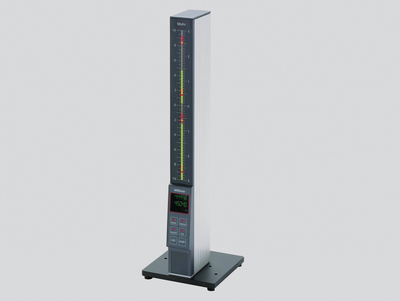
Ölçüm sonuçları 101 adet üç renkli LED üzerinde görüntülenir ve uzaktan kolayca okunabilir. Programlanabilir uyarı ve tolerans sınırları aşıldığında, segmentlerin rengi yeşilden sarıya veya kırmızıya değişir.
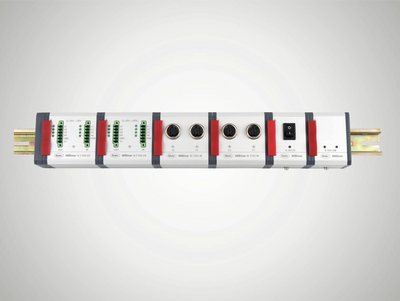
Modüllerin ve yazılımın farklı kombinasyon seçenekleri, çalışma ortamını ve araçları her zamankinden daha farklı olarak tasarlama fırsatı sunar.
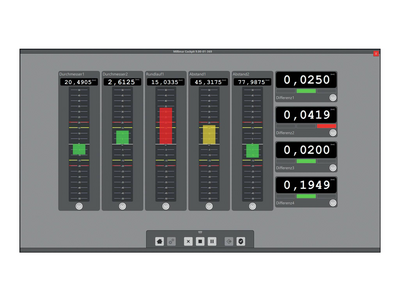
Smart and universally applicable software for complex measurement tasks in the manufacturing sector
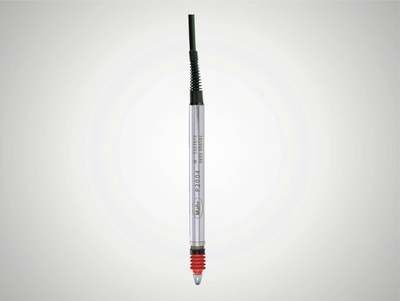
Millimar dönüştürücüler, bir ölçüm zincirinin en önemli bileşenleridir. Özellikleri, tüm ölçümün kalitesini belirler. Uygulamaya bağlı olarak bu amaç için çeşitli teknolojiler mevcuttur. Örneğin Millimar endüktif ölçüm probları: Bu ürünler dayanıklı, çok yönlü ve cazip fiyatlıdır.

Kalınlık ölçümü, radyal kaçıklık veya eş merkezlilik fark etmez: Endüktif problarla, şekil, destek veya radyal kaçıklık sapmalarından bağımsız olarak ölçülen değerleri ve sapmaları kaydedebilirsiniz. Büyük avantajları, geniş doğrusallık aralığı ve parazite karşı göreceli duyarsızlıktır. Problar esas olarak üretimde karşılaştırmalı ölçümler için kullanılır, ancak sensörün belirli görevleri değişebilir.
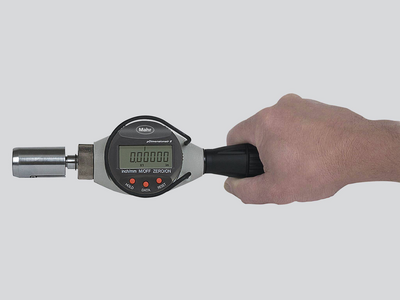
Pnömatik uzunluk ölçüm aletleri, yüksek hassaslıkları ve uzun vadeli kararlılıkları ile bilinir. Ölçüm nozulları ile temassız ölçüm, iş parçalarına zarar vermez. Temizlenmemiş, üzerinde madde bulunan, yağlanmış veya kaplanmış iş parçaları bile
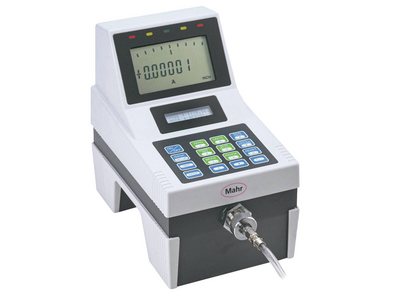
Millimar uzunluk ölçüm aletleri kompakt, sağlam ve kullanımı kolaydır. Üretim alanında yönetilebilir karmaşıklıktaki görevleri ölçmek için çok yönlü görüntüleme ve değerlendirme cihazlarıdır.
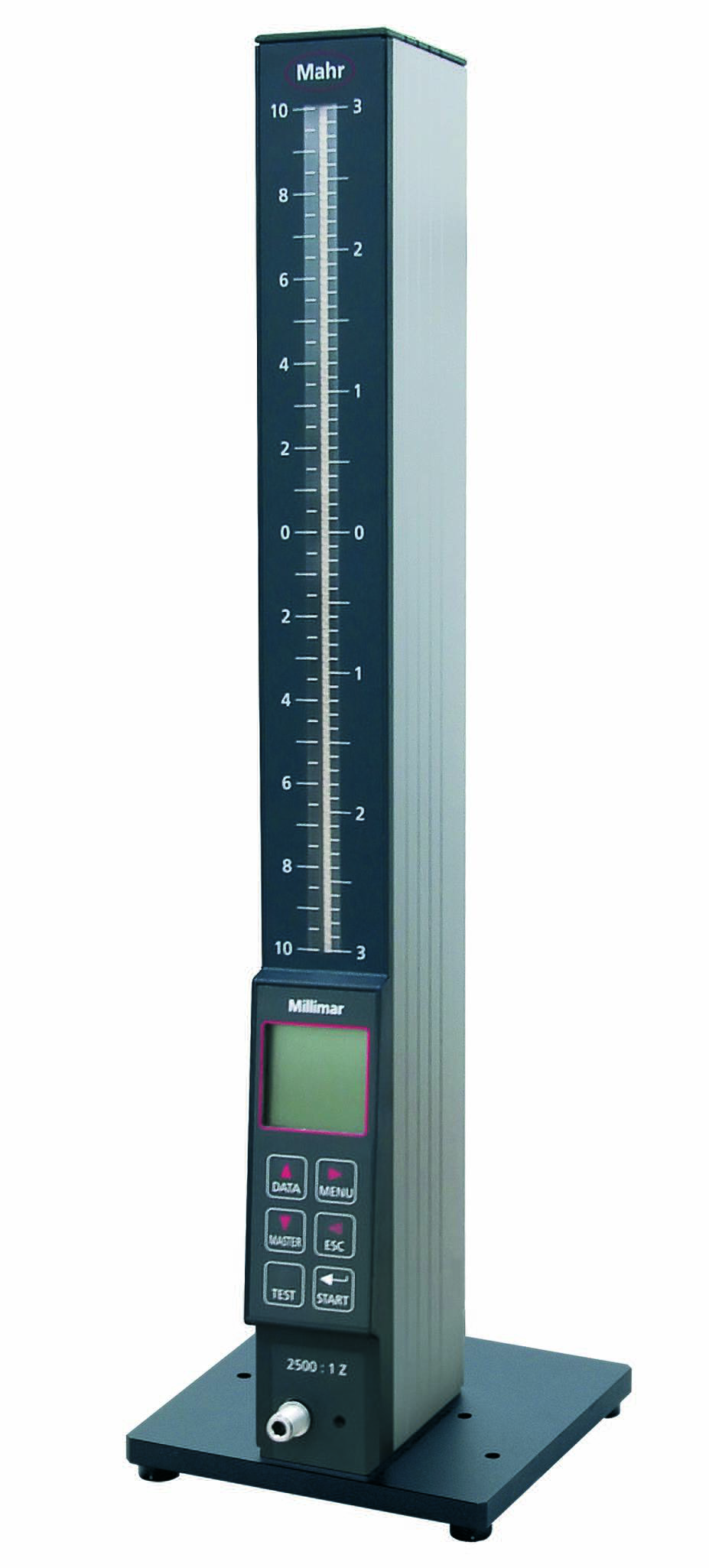
Ölçüm sonuçları 101 adet üç renkli LED üzerinde görüntülenir ve uzaktan kolayca okunabilir. Programlanabilir uyarı ve tolerans sınırları aşıldığında, segmentlerin renkleri yeşilden sarıya veya kırmızıya değişir.
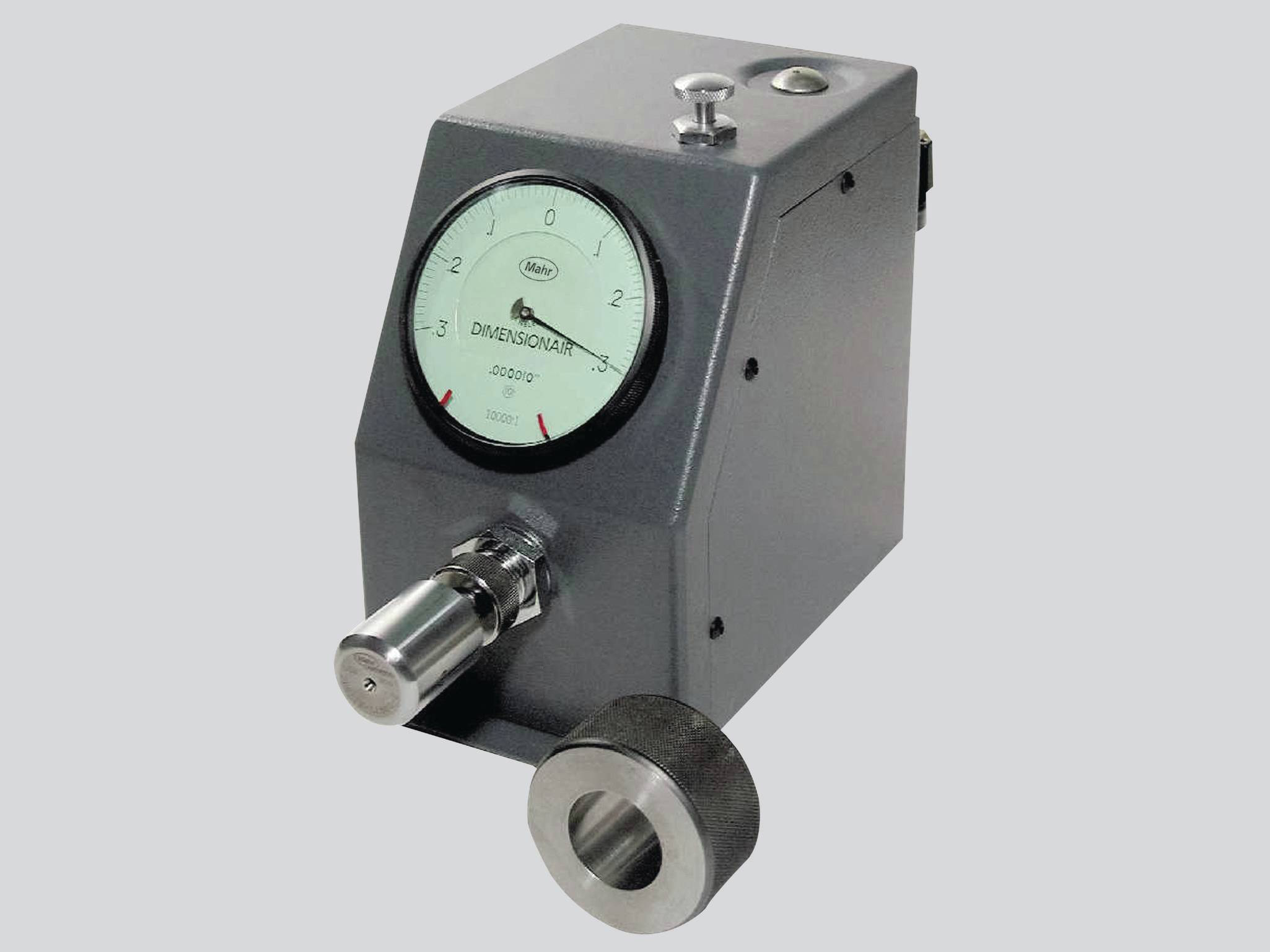
Millimar pnömatik ölçüm cihazları, boyutsal sapmaları hızlı ve doğru bir şekilde kaydeder. Endüstriyel üretim ve ölçüm odaları konusunda uzun yıllardır kendini kanıtlamıştır.

Hareket halindeyken ölçüm ve değerlendirme için.

Pnömatik ölçüm halkaları kullanarak temassız ölçüm, iş parçalarına zarar vermez.
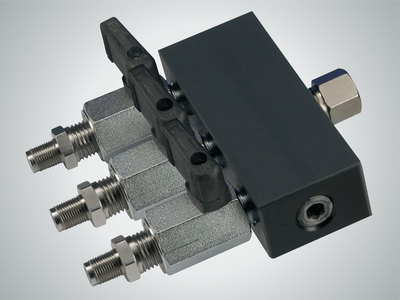
Hava ölçüm teknolojisi için aksesuarlarla ölçüm istasyonunu ölçümünüze uyarlayın.
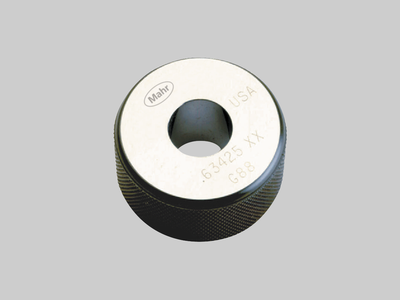
Mahr'ın ayar standartlarına güvenin, çünkü bunlar hassas ölçüm sonuçlarında referans olarak kullanılır
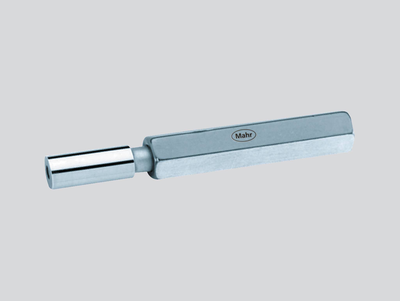
Pnömatik ölçüm aletleri ayarı (nozul halka mastarlar) Titizlikle sertleştirilmiş, eskitilmiş, tornalanmış ve bindirilmiş.
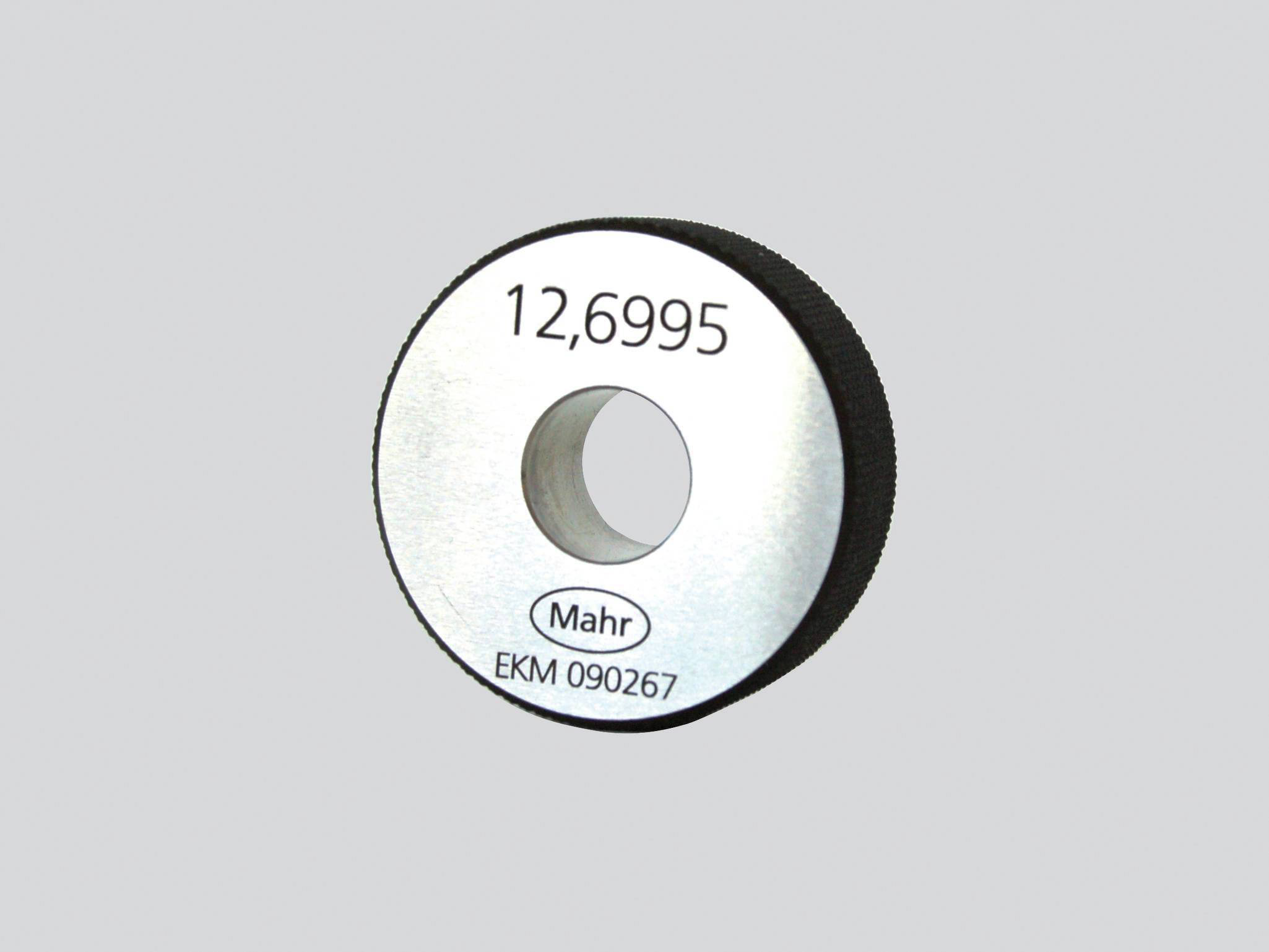
Pnömatik ölçüm aletleri ayarı (nozul delik mastarları) Titizlikle sertleştirilmiş, eskitilmiş, tornalanmış ve bindirilmiş.
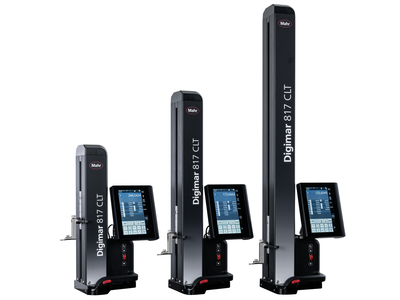
Ölçümlerinizle yüksekleri hedeflemek ister misiniz? Digimar tam size göre!
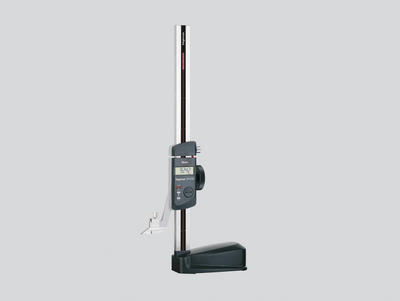
Atölyede iş parçalarını çizmek ve işaretlemek için. Yükseklik ve mesafelerin kolay ölçümü.
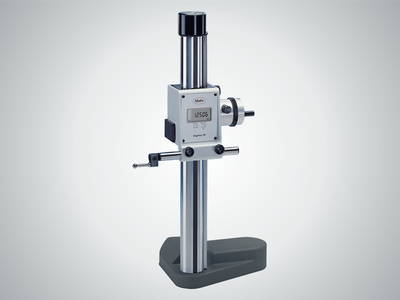
Delik, yüzey ve kenar arasındaki yükseklik ve mesafelerin kolay ölçümü. Ek aksesuarlarla iş parçalarının çizimi ve işaretlenmesi için uygundur.
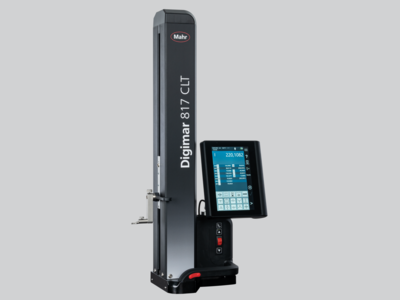
Touch operation, ergonomic handling and a wide range of evaluation options: This is what the Digimar 817 CLT height measuring device stands for.
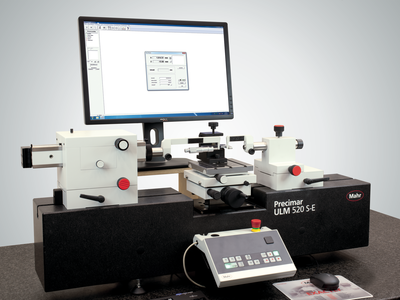
Hassas uzunluk metrolojisi, hem mutlak hem de bağıl ölçümler için yüksek hassasiyetli boyut metrolojisi anlamına gelir.
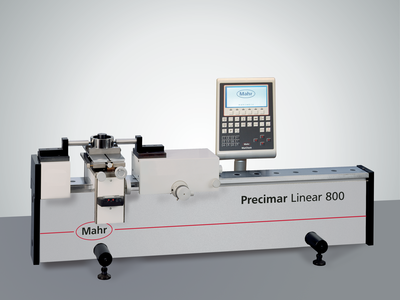
Atölye için çok amaçlı, kullanımı kolay uzunluk ölçüm ve ayar cihazları
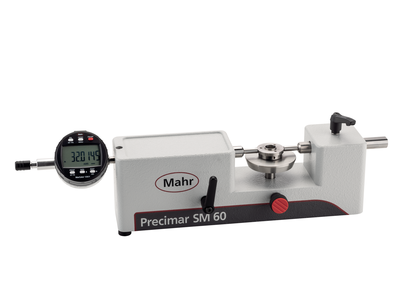
Atölye için çok amaçlı, kullanımı kolay uzunluk ölçüm ve ayar cihazları

Basit mastar blok test standı, tam otomatik komparatör test standı ve ULM cihazlarından ultra hassas ve kısmen otomatikleştirilmiş CiM çok amaçlı ölçüm makinesine kadar geniş ürün yelpazesi sayesinde Mahr, üretim, ölçüm odaları ve kalibrasyon laboratuvarları için her zaman pratik çözüm sunar. Diğer bir ifadeyle: Maksimum hassaslık ve son derece verimli ölçüm süreçleri bir arada.
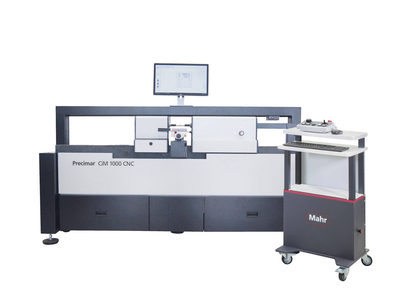
İster klasik ULM ister motorlu PLM ve CiM aletleri. Mahr çok amaçlı uzunluk ölçüm makineleri, minimum belirsizlikle kullanıcı dostu, hızlı ve güvenilir ölçüm sağlar.
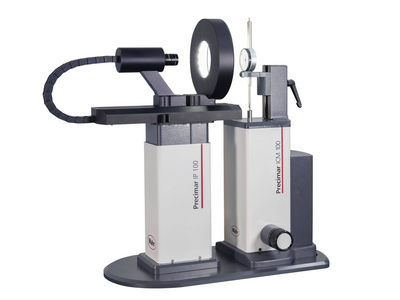
Analog indikatörlerin, analog test indikatörlerin ölçüm cihazlarının, analog komparatörlerin ve probların yarı otomatik ve tam otomatik testi verimli ve hassas bir şekilde yapılır.
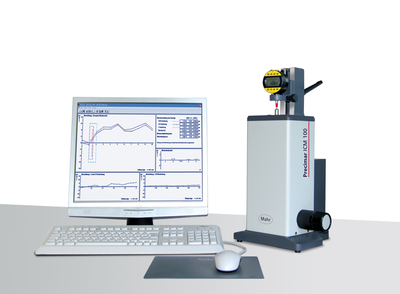
Analog indikatörlerin, analog test indikatörlerin ölçüm cihazlarının, analog komparatörlerin ve probların yarı otomatik ve tam otomatik testi verimli ve hassas bir şekilde yapılır.
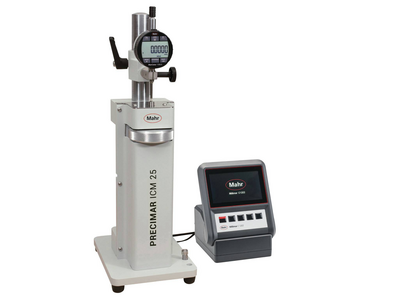
Manual testing of dial gages, dial test indicators and comparators - easy and precise
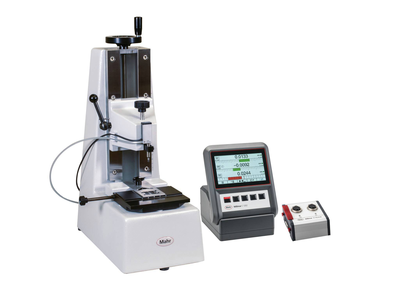
Mahr mastar blok karşılaştırıcılarına güvenin, çünkü bunlar, standartlarınızın hassas şekilde test edilmesinin dayanağıdır
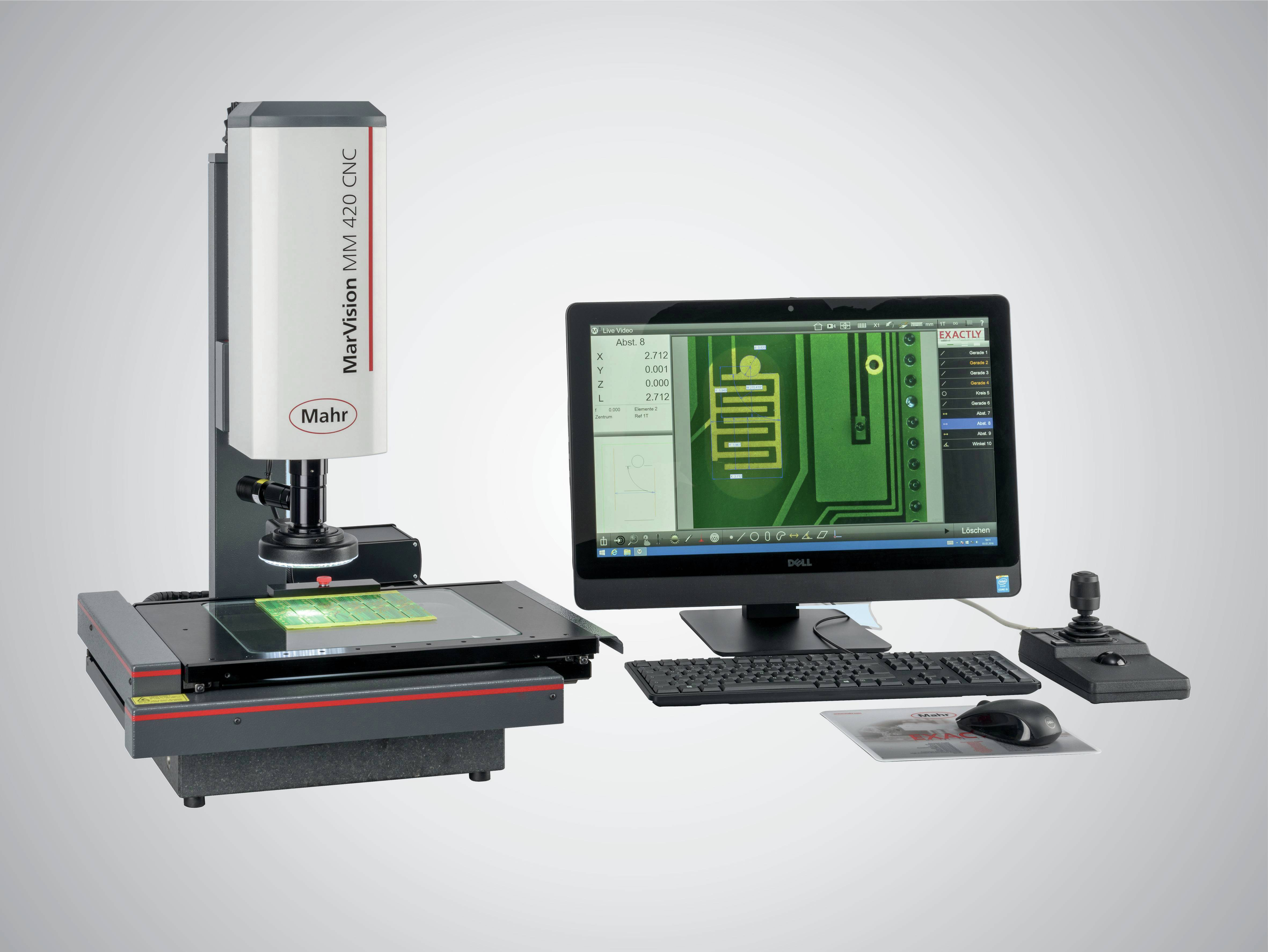
Mikroskoplar, hemen hemen tüm sektörlerde mesafe, yarıçap ve açıların hızlı bir şekilde incelenmesi için kullanılır. Laboratuvarda veya üretim alanına yakın metroloji.
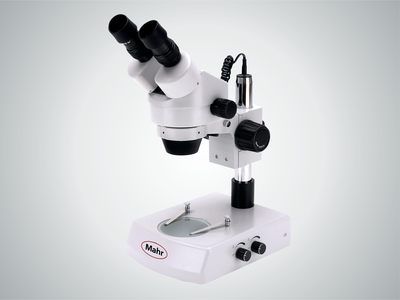
Parlak, keskin üç boyutlu görüntüler için yüksek kaliteli lensli stereo zoom mikroskoplar. Dijital kameraların ek kullanımı ile dürbün veya üç mercekli dürbün.

Mikroskoplar, hemen hemen tüm sektörlerde mesafe, yarıçap ve açıların hızlı bir şekilde incelenmesi için kullanılır. Laboratuvarda veya üretim alanına yakın metroloji.
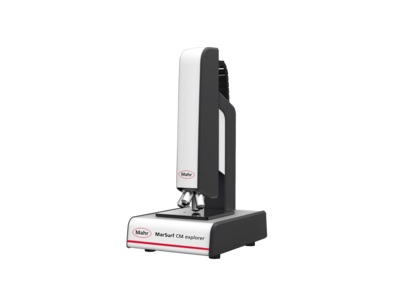
Endüstri ve araştırma için yüzey metrolojisi
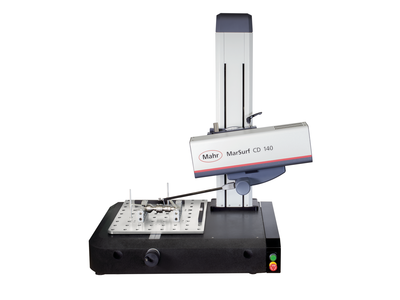
Sıkı toleranslara sahip yapılandırılmış işlevsel yüzeylerde, bir iş parçasının veya nesnenin topografisini kısa bir alanda minimum sürede kaydeden yüksek hassasiyetli ölçüm sistemleri gerekir.
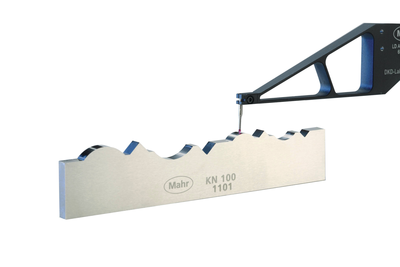
Kaba şekil sapmalarını belirlemek için kontur ölçüm teknolojisi kullanılır.

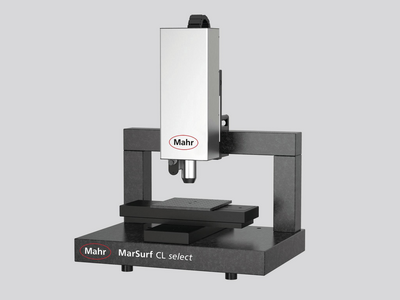
Optik ölçüm aletleriyle konturları hassas bir şekilde ölçün
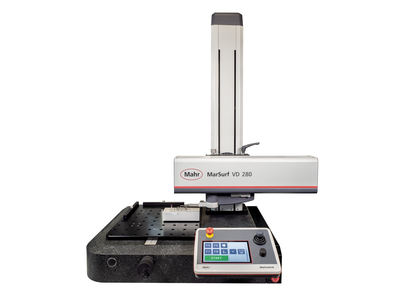
Kontur ve pürüzlülük ölçümü bir arada: Profesyonel çok yönlü
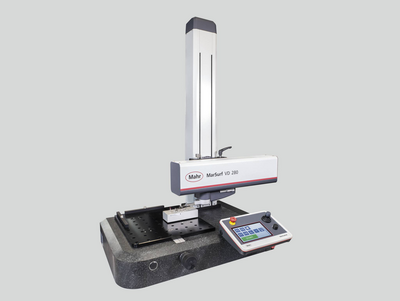
Kontur ve pürüzlülük ölçümü bir arada: Profesyonel çok yönlü
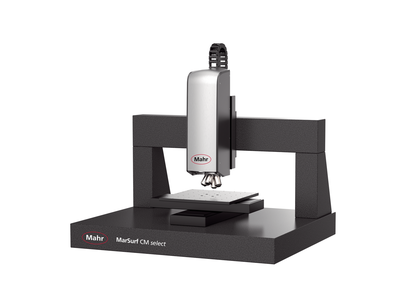
2D/3D Kontur ölçümü ve ayrıca ISO 25178 / ISO 4287'ye göre pürüzlülük ölçüm aksesuarları
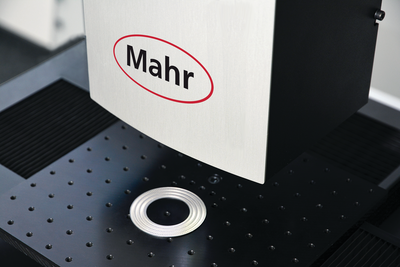
Endüstri ve araştırma için 3D yüzey metrolojisi
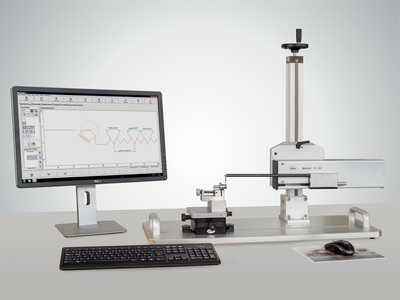
Mobil ölçüm cihazları ile her yerde ölçüm yapın!
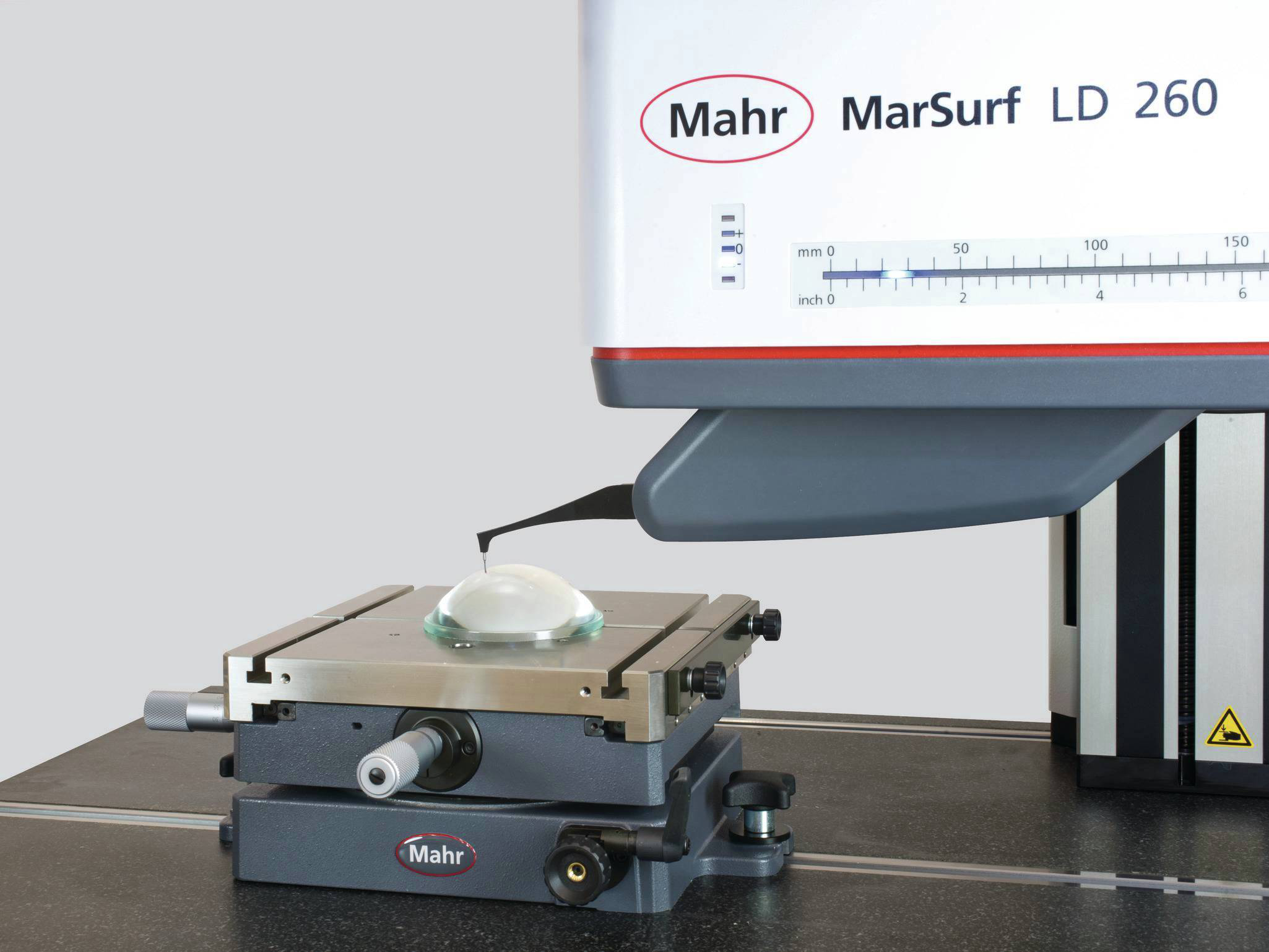
Yüksek hassasiyetli objektiflerin ölçümü için ölçüm istasyonları
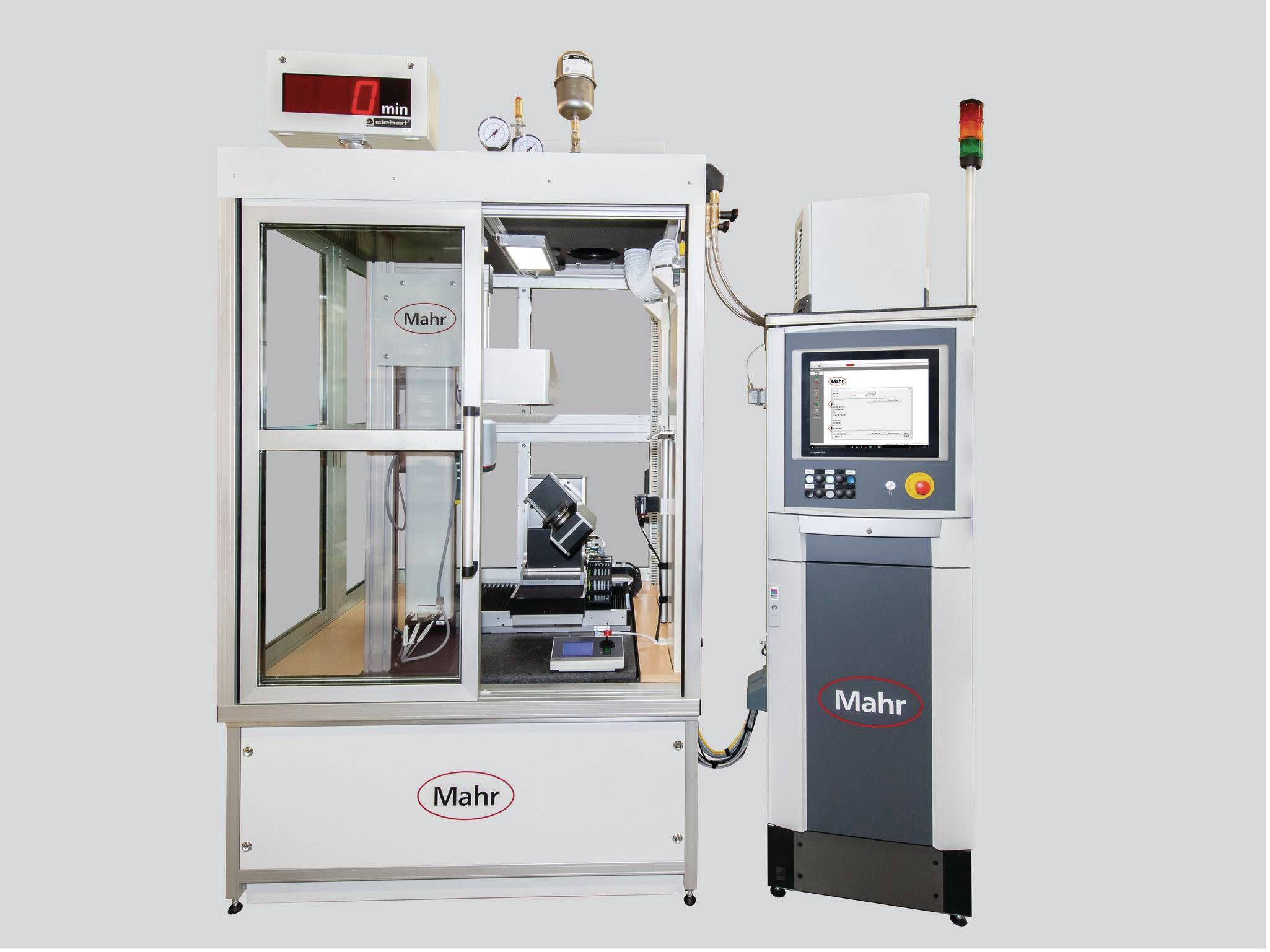
Standart çözümler artık yeterli olmadığında: Bağımsız özelleştirilmiş çözümler
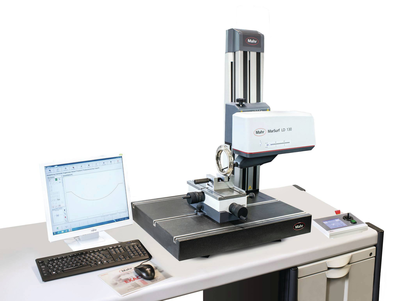
Sıkı toleranslara sahip yapılandırılmış işlevsel yüzeylerde, bir iş parçasının veya nesnenin topografisini kısa bir alanda minimum sürede kaydeden yüksek hassasiyetli ölçüm sistemleri gerekir.
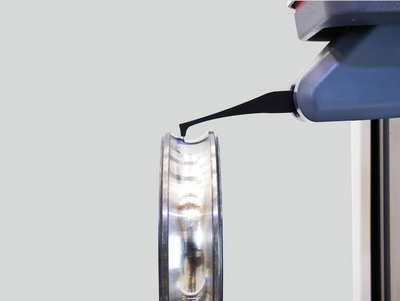
Ölçüm odalarında ve laboratuvarlarda çok yönlü ve güçlü kullanım
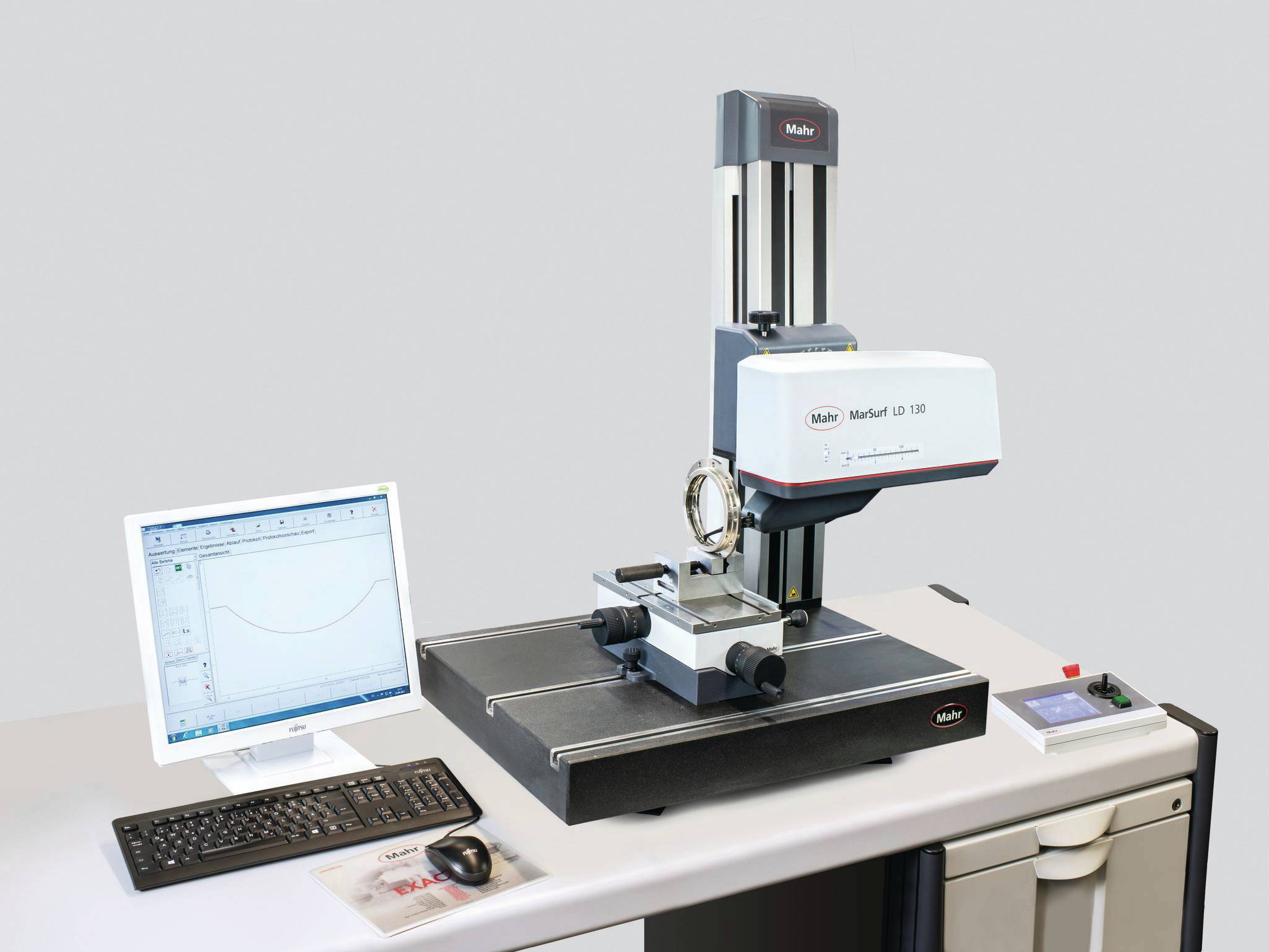
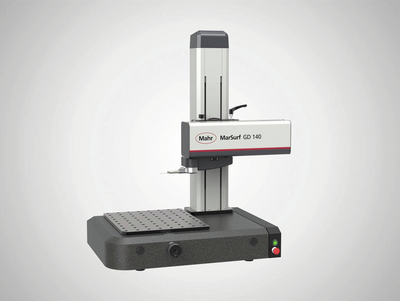

Kontur ve pürüzlülük ölçümü bir arada: Profesyonel çok yönlü

Kontur ve pürüzlülük ölçümleri için temaslı ölçüm istasyonları

ISO 25178 / ISO 4287'ye göre 2D/3D kontur ve pürüzlülük ölçüm aksesuarları

Endüstri ve araştırma için 3D yüzey metrolojisi
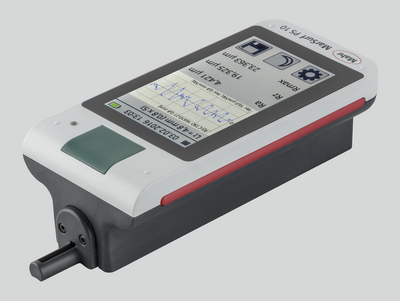
Mobil ölçüm cihazları ile her yerde ölçüm yapın!
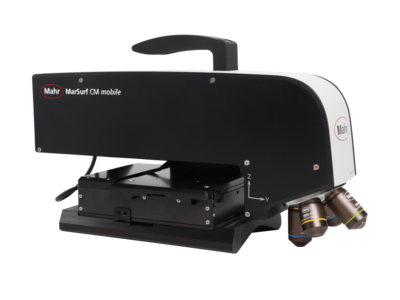
Kullanım için çok yönlü
mobil 3D yüzey metrolojisi
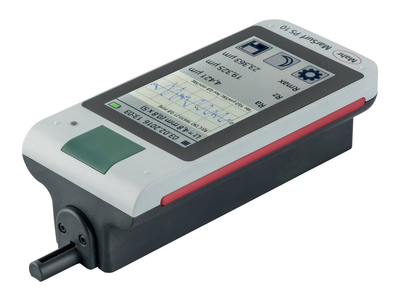
Mobil ölçüm aletleri, sonuçlara tam olarak ihtiyaç duyduğunuz yerde ölçüm yapmanızı sağlar.

Ultra yüksek hassasiyetli objektiflerin ölçümü için ölçüm istasyonları

Standart çözümler artık yeterli olmadığında: Bağımsız özelleştirilmiş çözümler
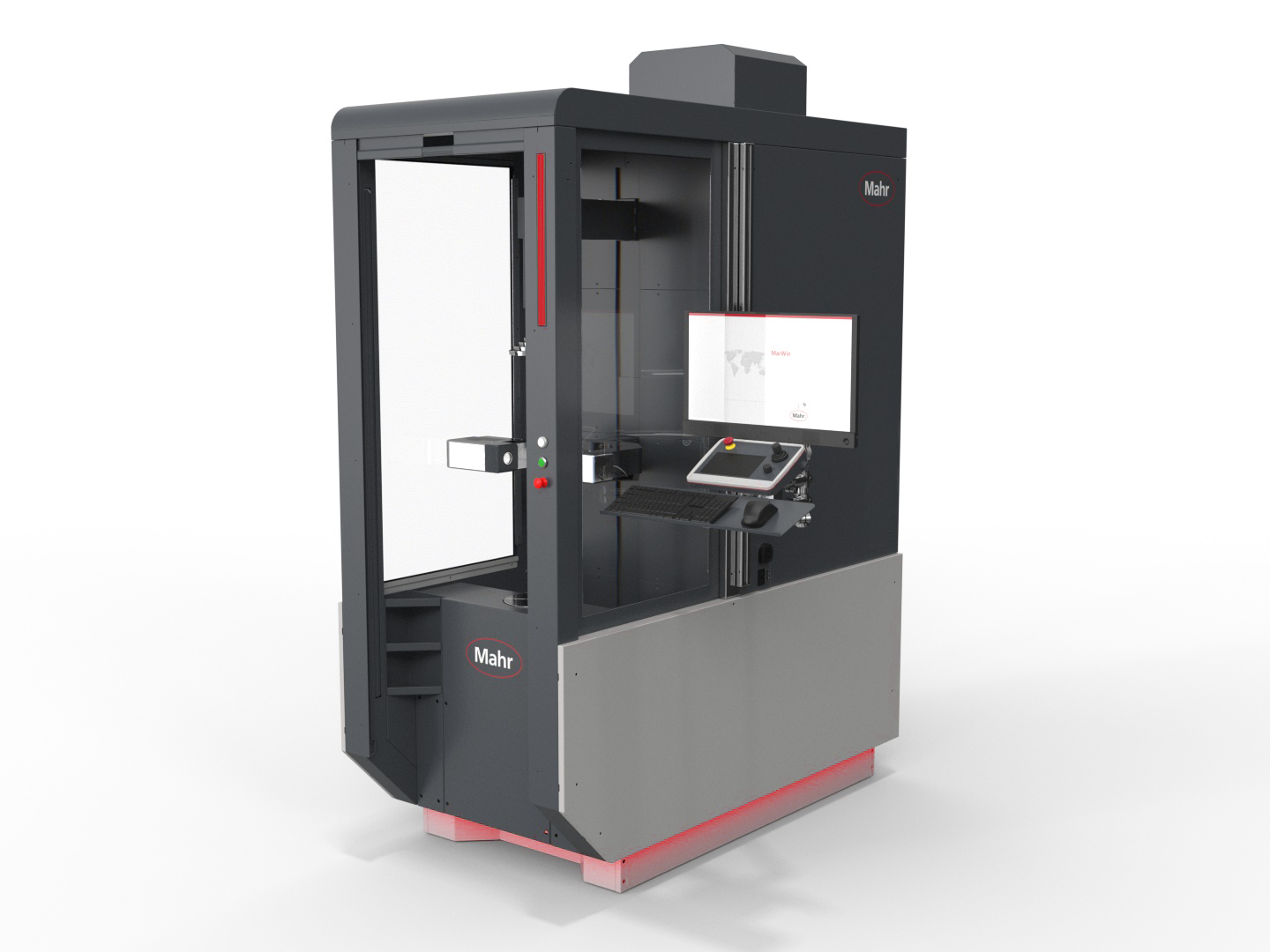
Metrology
Experience outstanding features combined with extreme flexibility in workpiece size and increase your productivity in the production environment.
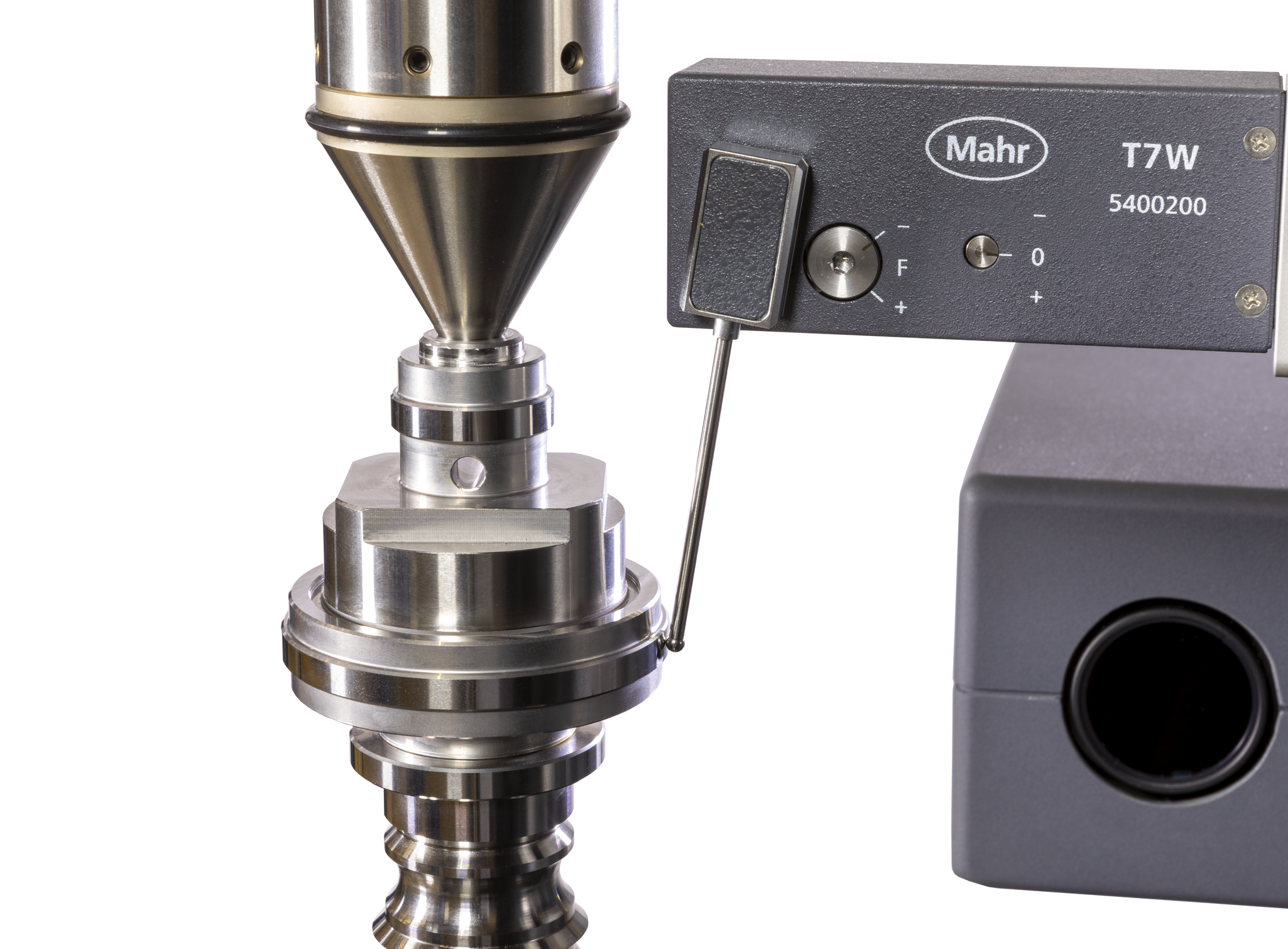
Fast optical matrix camera in combination with high-precision touch probes for measuring a large number of features on rotationally symmetrical workpieces.
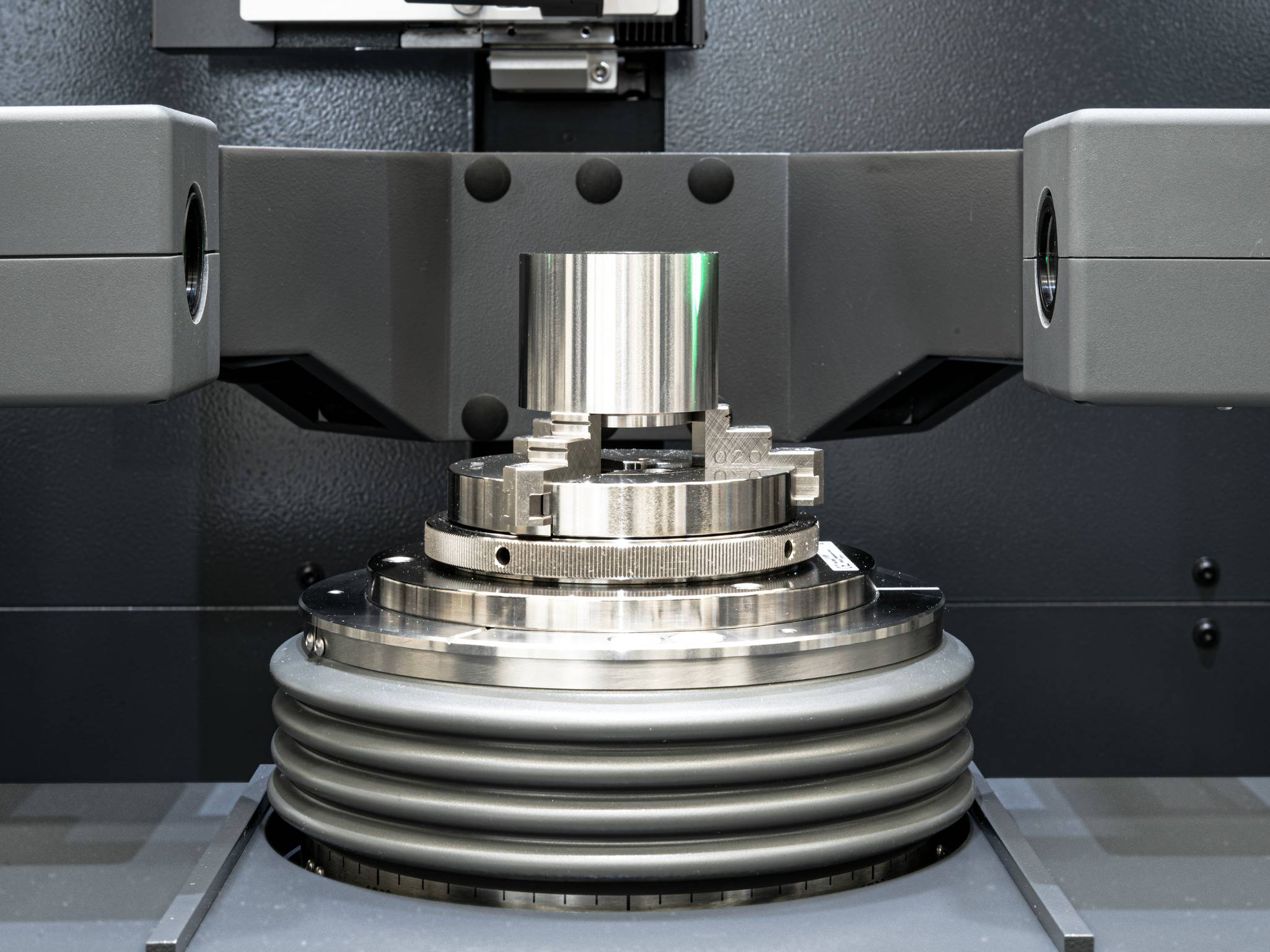
Fast optical matrix camera in combination with high-precision touch probes for measuring a large number of features on rotationally symmetrical workpieces. Addition of a fully automatic centering and tilting table for extremely fast, mechanical alignment, flexible clamping options and, for example, internal measurements.
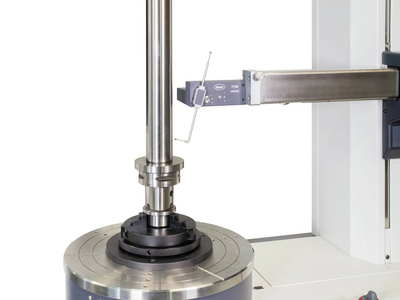
Yuvarlaklık, düzlük, doğrusallık, eş eksenlilik ve diğer ölçüm görevleri gibi form ve konum toleranslarını test etmek için sistemler. Manuelden tam otomatiğe.
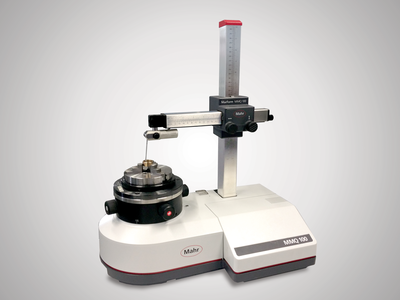
Cihaz yuvarlaklık, düzlük ve eş merkezlilik gibi özellikleri kolay, uygun maliyetli ve yüksek hassasiyetle ölçer. Manuel form ölçüm aletlerimiz hem ölçüm odası hem de üretime yakın ölçümler için uygundur.
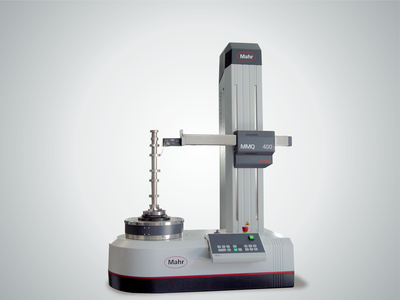
Otomatik form ölçüm sistemlerimizle, en yüksek otomasyon, esneklik ve hassasiyet seviyesine sahip kararlı, yenilikçi cihazlar aracılığıyla denetim maliyetlerinizi artırmadan süreç maliyetlerinizi düşürürsünüz.
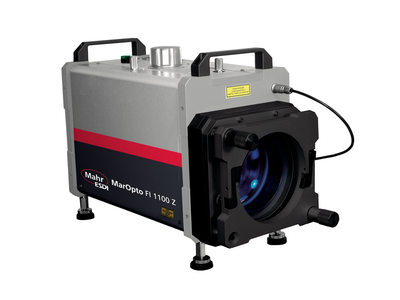
Güçlü MarOpto Fizeau interferometreleri, düz ve küresel yüzeylerde temassız ölçümler sağlayabilir.

Metrology
Experience outstanding features combined with extreme flexibility in workpiece size and increase your productivity in the production environment.

Fast optical matrix camera in combination with high-precision touch probes for measuring a large number of features on rotationally symmetrical workpieces. Addition of a fully automatic centering and tilting table for extremely fast, mechanical alignment, flexible clamping options and, for example, internal measurements.

Fast optical matrix camera in combination with high-precision touch probes for measuring a large number of features on rotationally symmetrical workpieces.
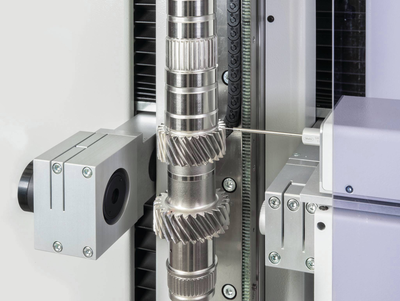
Zorlu üretim ortamlarında kullanım için optik ve temaslı mil ölçüm sistemleri. Tüm yaygın döner simetrik iş parçalarının eksiksiz ölçümü.
.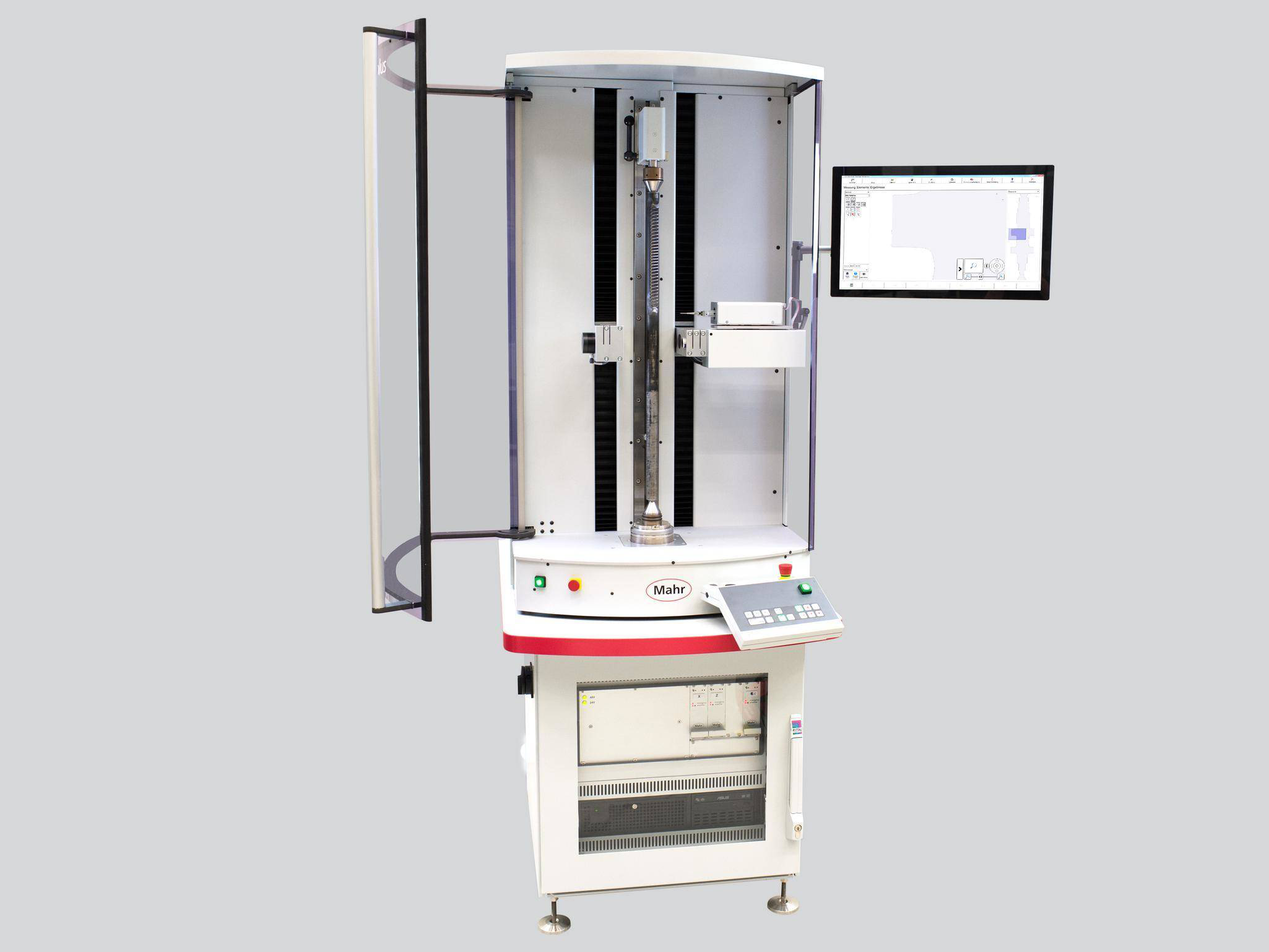
Zorlu üretim ortamlarında kullanım için optik ve temaslı mil ölçüm sistemleri. Tüm yaygın döner simetrik iş parçalarının eksiksiz ölçümü.
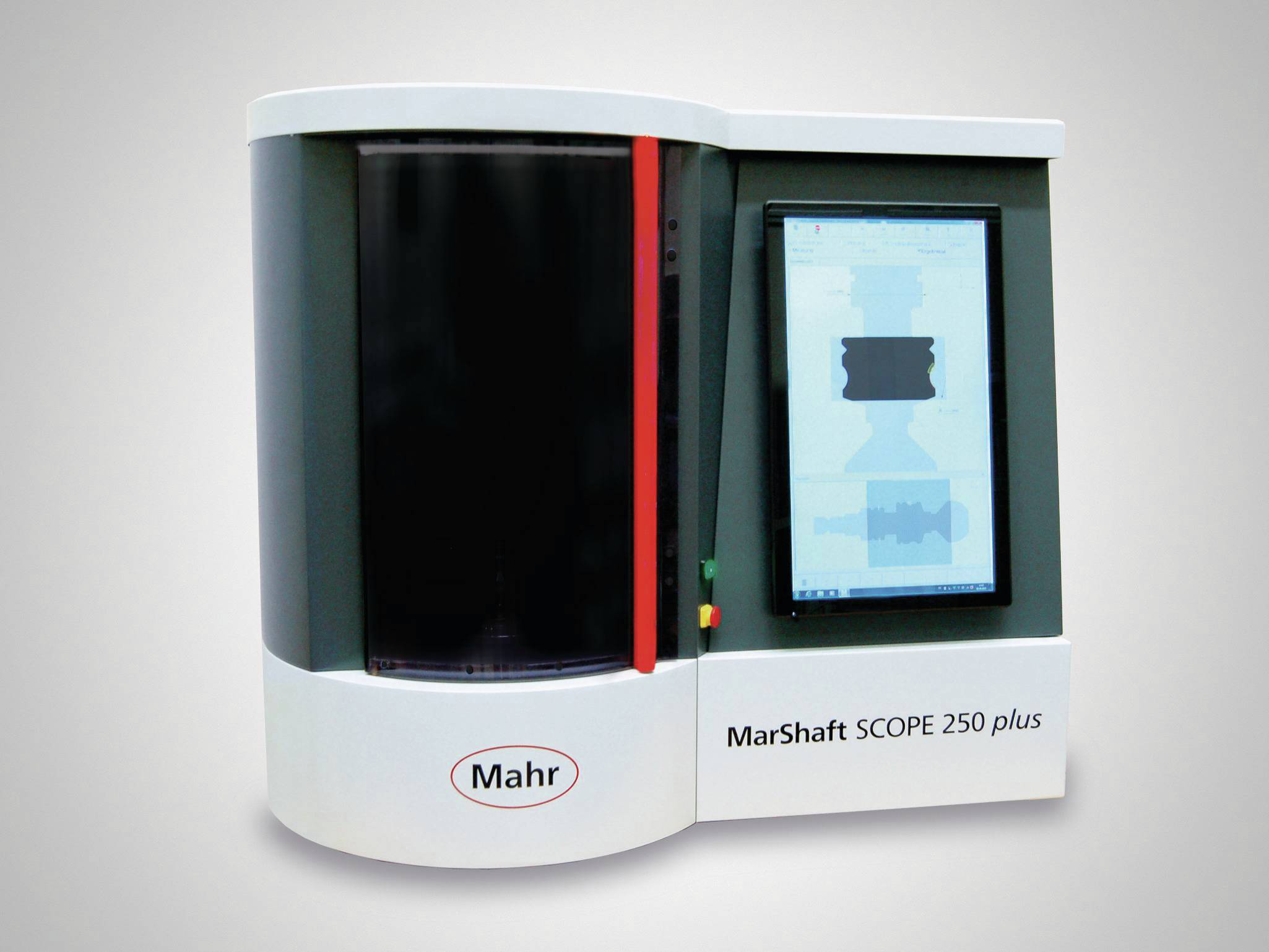
Zorlu atölye ortamlarında kullanım için çok amaçlı, tam otomatik ve sağlam optik mil ölçüm makineleri.

Metrology
Experience outstanding features combined with extreme flexibility in workpiece size and increase your productivity in the production environment.

Fast optical matrix camera in combination with high-precision touch probes for measuring a large number of features on rotationally symmetrical workpieces.

Fast optical matrix camera in combination with high-precision touch probes for measuring a large number of features on rotationally symmetrical workpieces. Addition of a fully automatic centering and tilting table for extremely fast, mechanical alignment, flexible clamping options and, for example, internal measurements.

Son derece özel dişli analizlerinden tam entegre seri ölçüme kadar, Mahr, modern dişli ve dişli kutusu üretiminin her seviyesinde güvenilir ortağınızdır.
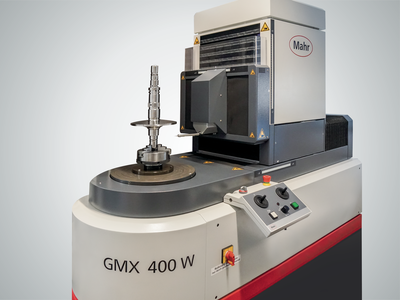
MarGear, esnek dişli ve silindir koordinat ölçüm aletlerimizdir. Birkaç farklı özelliğin eş zamanlı üretiminde hızlı geri bildirim gerektiğinde, MarGear doğru seçimdir. Dişlilerin biçim ve konum, boyut veya yüksek hassasiyetli ve tam otomatik incelemesi olsun: MarGear ölçüm görevini halleder.

Atığı önlemek için üretim sürecine hızlı geri bildirim dahil olmak üzere ürününüzü çıkış noktasında ölçün.
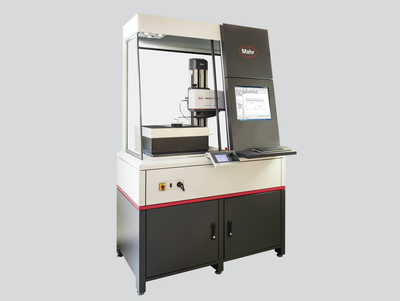
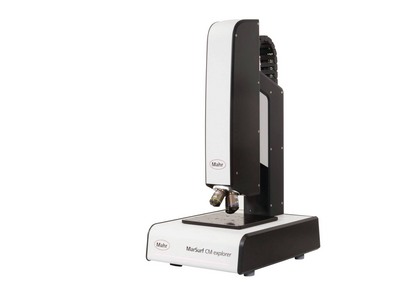
Yüzeylerin ve geometrilerin hızlı ve temassız kaydı için geniş teknoloji ve ürün yelpazesi.

Mikroskoplar, hemen hemen tüm sektörlerde mesafe, yarıçap ve açıların hızlı bir şekilde incelenmesi için kullanılır. Laboratuvarda veya üretim alanına yakın metroloji.

Pürüzlülük, kontur ve diğer birçok yüzey parametrelerinin belirlenmesi.
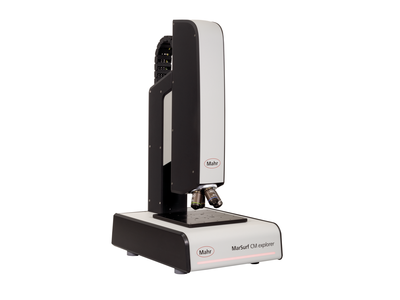
Endüstri ve araştırma için yüzey metrolojisi
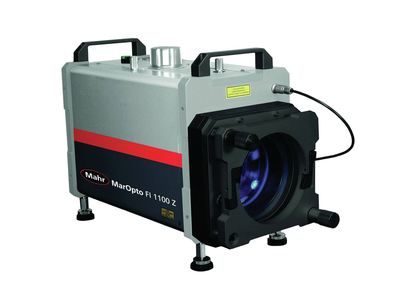
İster beyaz ışık ister lazer interferometre olsun, uygulamanız için doğru çözümü bulacaksınız.
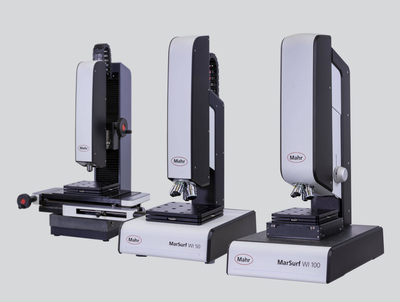
Nanometreye kadar hassas minimum pürüzlülük

Güçlü MarOpto Fizeau interferometreleri, düz ve küresel yüzeylerde temassız ölçümler sağlayabilir.

Yüzey topografyalarının ve geometrilerinin optik analizi
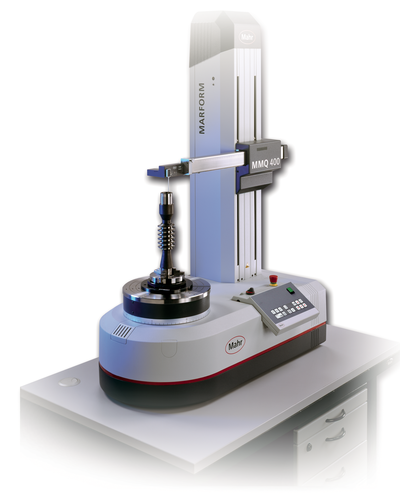
Kanıtlanmış Mahr kalitesinde yenilenmiş sistemler
More women for the industry – how women succeed in technical professions in Germany
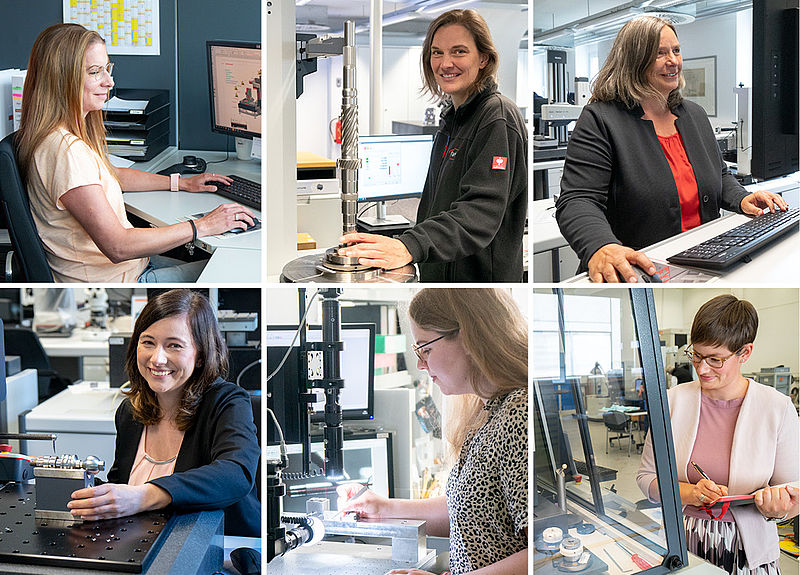
Traditionally, technical professions in Germany have been male domains. In general, the proportion of women studying STEM subjects (science, technology, engineering, mathematics) in 2021 is just 13.8 percent [source: Statista]. In classic "male professions" such as mechanical and automotive engineering or metal production, processing and metal construction, the female rates are an even lower 10.2 and 9.2 percent, respectively [source: Statista, as of June 30, 2022]. However, the numbers, though low, when viewed in the context of time, give hope for change. A steady increase can be seen over the years, which makes it clear that the engineering profession, for example, is gradually opening up as an option for more and more women, as is also reported on INGENIEUR.de.
Six women, six careers: female technical employees at Mahr in Goettingen, Germany
As great supporters of women in our industry and on the occasion of the worldwide Women in Engineering Day, we at Mahr asked female employees of Mahr in Goettingen of different ages about their careers and their opinions about women in technical professions. The interviews show one thing very clearly: as similar as some of the experiences and life situations of the different women are, their careers are diverse and non-linear. And that's what makes their reports here so interesting.
We spoke with these six women:
- Franziska Herwig, Project Engineer
- Anna-Lena Goldmann, Industrial Mechanic, Precision Equipment Manufacturing
- Nicola Kellner, Head of Software R&D
- Vanessa Becker, Product Manager
- Sabrina Skusa, Design Engineer & Technical Editor/ Documentation
- Patricia Johnen, Application Engineer
Favorite subject "math" – true or false?
In line with expectations, almost all of our female technical employees interviewed showed an interest in mathematics and/or science subjects at school at a very early age. They were particularly fascinated by "technology" – whether it was the aspect of solving puzzles, as in the case of Nicola, or the fact that math and numbers came naturally to them, as in the case of Vanessa, Sabrina and Anna-Lena: "For me, technology is self-explanatory, there is only right or wrong," says Anna-Lena. It was a different story for Franziska and Patricia – their passion for technology only really developed later in their careers. Patricia's interests were very varied in her school days, and although she could also warm to technology, her preference for math and numbers was more of a foundation than a fascination. And while Franziska wasn't bad at math either, her focus was more on language subjects than science. "Physics wasn't really my thing!" she says with a smile.
Franziska
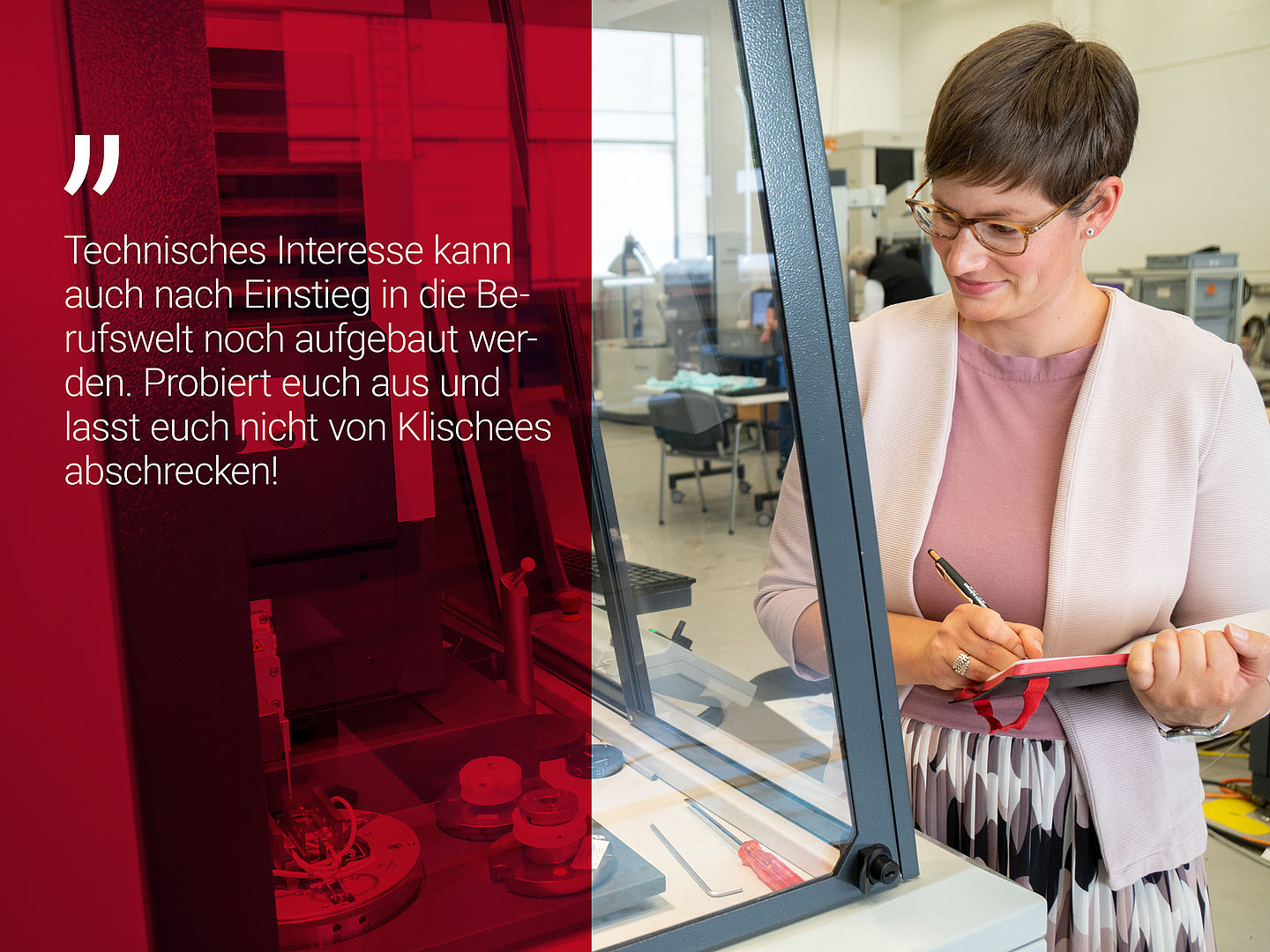
A role model: the influence of the family
In addition to school, there is another important factor in the careers of our female employees that has influenced their professional paths: their social environment and their families. Anna-Lena's father is a precision mechanic, and whenever she was in his workshop, she was able to look over his shoulder. That, she says, had a big impact on her career path. "The smell of coolant and oil always stayed in my nose," she recalls. Vanessa also discovered and trained her manual skills through joint craft projects with her father, and Sabrina found a technical drawing at her aunt's house, which sparked her ambition to be able to read it. In general, the interlocutors find it important that there is a great deal of openness within the family and social structures of young women. If the family lives up to the stereotypical role model of "male profession" and "female profession" or even actively strives for it, this often has a direct impact on development. Franziska finds, "In part, this is shaped from an early age, for example with toys and a pink kitchen for girls – but boys are also allowed to play with dolls!" Once fear of a role model has become established, young women in particular are massively inhibited from mustering the courage to assert themselves in the male domain.
Anna-Lena
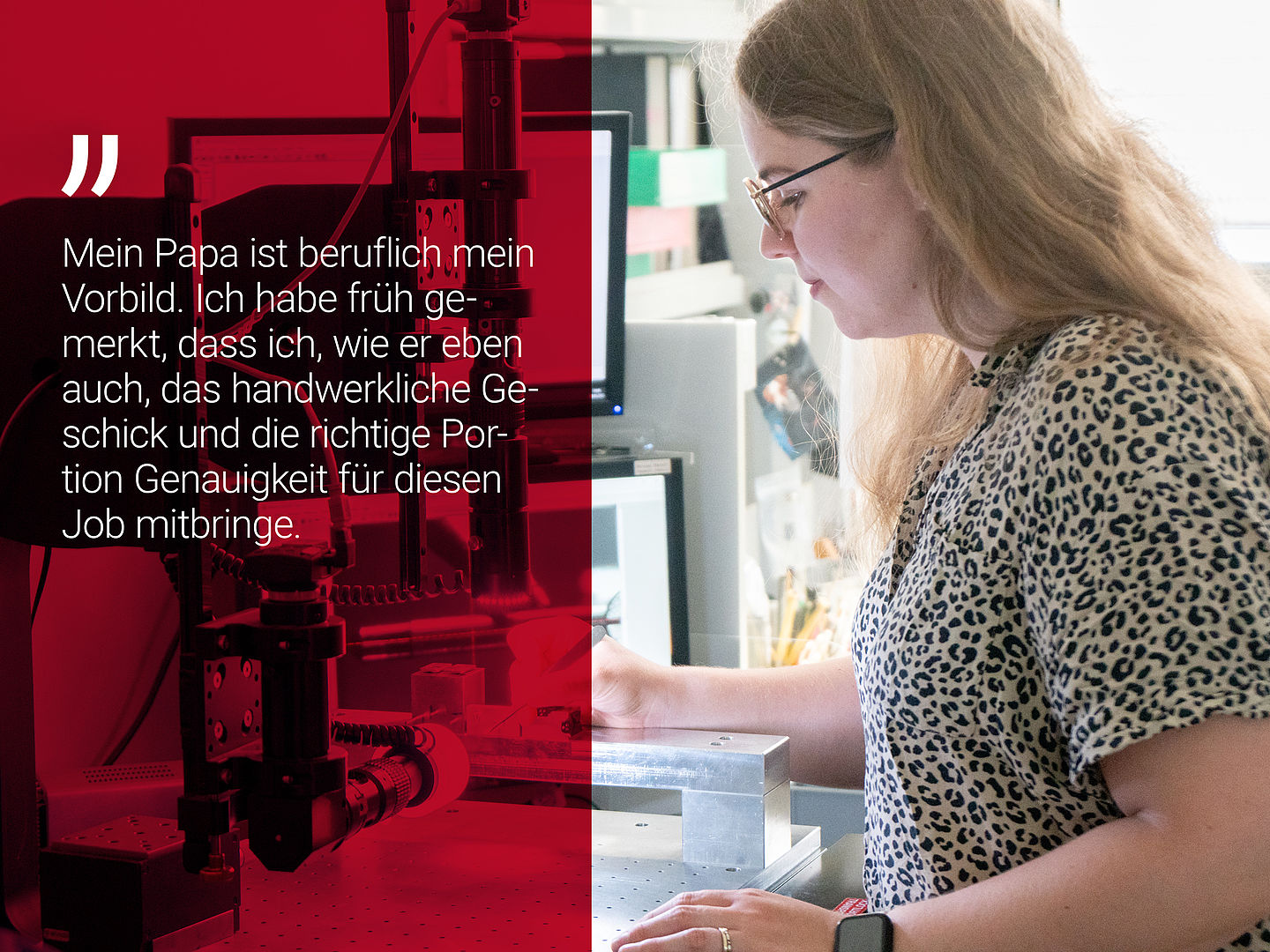
The importance of continuing education and of trying things out.
At the end of their school education, young people do not always know in which direction they would like to develop professionally - or they know the direction but not yet the concrete career goal. Of our six female employees, only two, Anna-Lena and Sabrina, have found their way directly into their profession. The other women have established themselves in their profession through further training and/or reorientation in various directions - and very successfully. An impressive example of this is Nicola: after graduating from high school, she initially studied "technical translation engineering", but realized in the course of her career that she was interested in even more in-depth technical topics. That's why, while she was already employed at Mahr as an assistant to the development manager, she completed a part-time degree in media informatics at the age of 37 - and ultimately rose through the ranks in her career as a leader. Another example is Patricia, whose career path is also not linear: She first completed an apprenticeship as a surveying technician, then studied "applied geodesy" and only became aware of Mahr and the profession of application engineer during her studies through her professor at the university of applied sciences, which she now does successfully and enjoys doing.
Sabrina
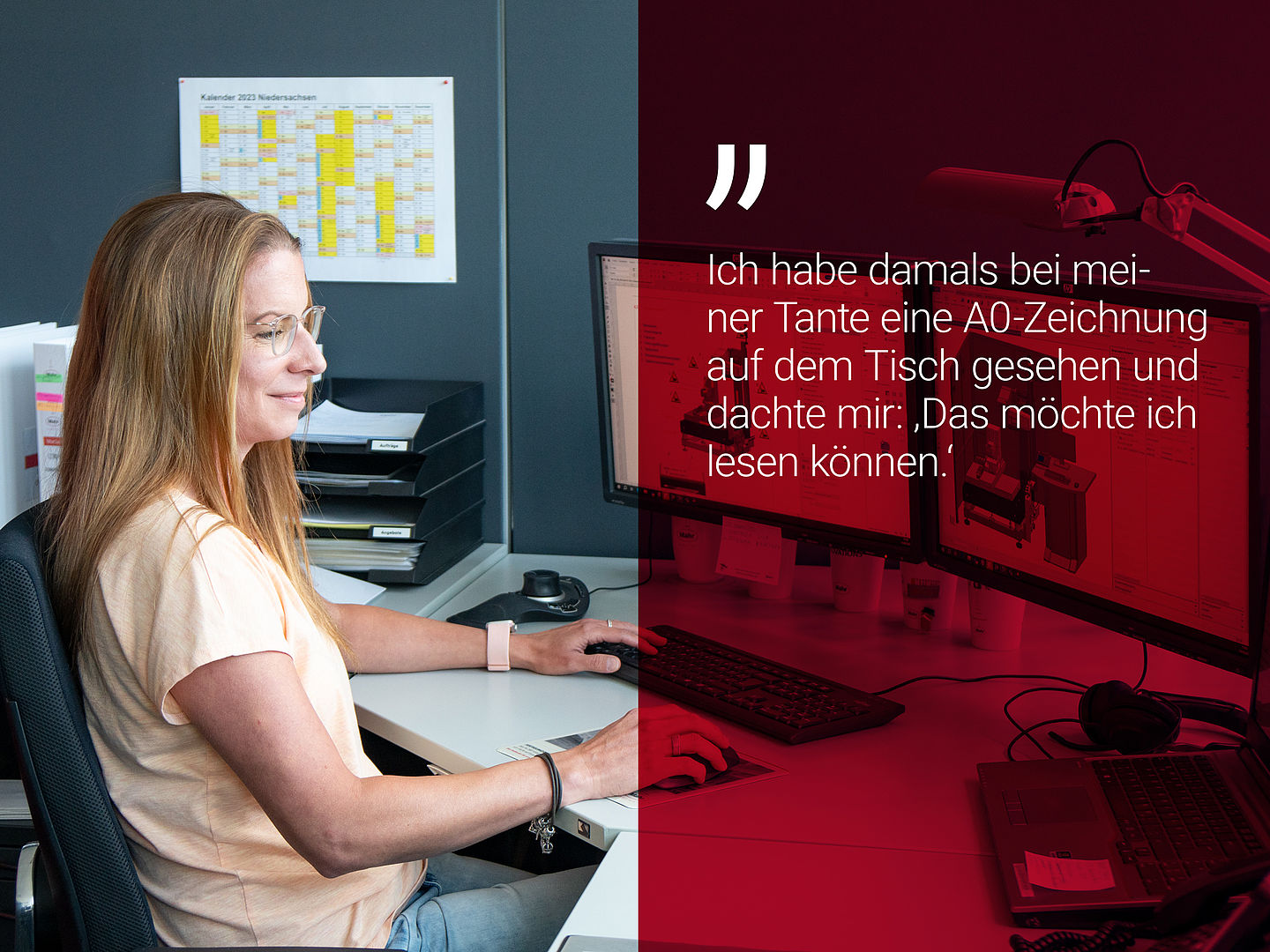
As a woman in the "male domain"
What is the truth behind the prejudice that women have a harder time than men in "male professions"? The positive answer first: none of our female colleagues can confirm this rumor without reservation – but there are situations in which their female gender already plays or has played a role. Patricia says that she is treated no differently by colleagues and managers than her male colleagues in the company. However, in the past, customers have sometimes been surprised to learn that a woman conducts external training. Or on the phone, they would have thought she was the secretary, but not the technician she is. "It was never meant in a derogatory way, but it did make me feel like I had to prove myself in a special way," she says. Sabrina describes having significantly more problems a few years ago than she does today. "Before I came to Mahr, I worked for another company for seven years, where it was very difficult to assert yourself as a young woman. But I think the male world is slowly realizing that women also have technical understanding and we are not inferior to them." Nicola also sees a change in recent years, "The first women paved the way that it is now. In our department, gender doesn't matter." Franziska adds: "You sometimes notice a difference when it comes to creative ideas for birthday presents. That's when colleagues are happy to approach me as a woman."
Vanessa
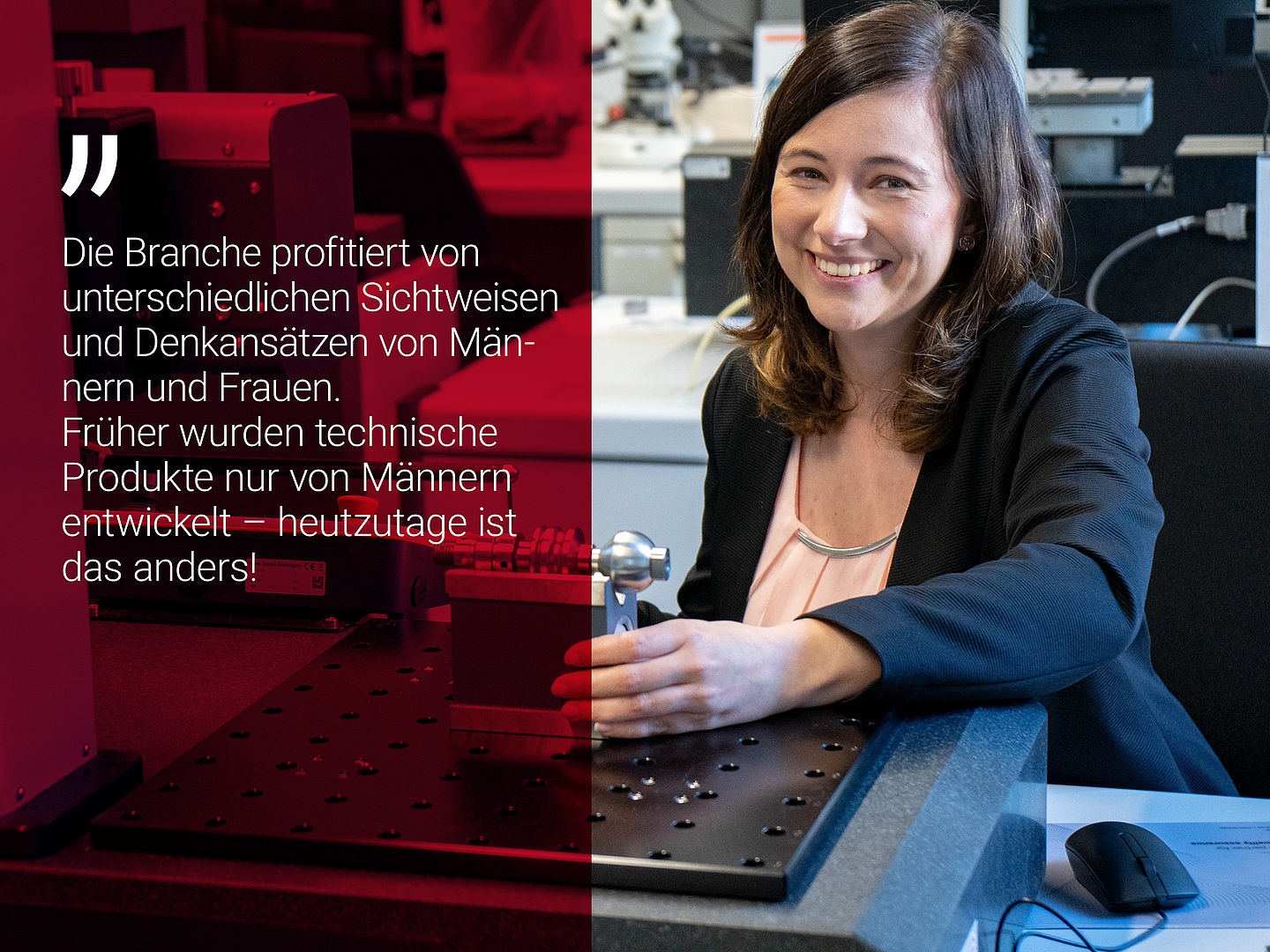
Where do we stand – and how do we deal with motherhood at Mahr in Goettingen?
Even though many things have changed positively for women in technical professions, there are of course still issues that need to be addressed. The issue of motherhood is often still a high hurdle for women who want to pursue a career, and sometimes it seems insurmountable. When is a career compatible with having a child, and when is it not? According to the experience of our female employees, it depends massively on the employer, because without support and enabling flexible structures, women have a hard time combining both. Such employer support for working mothers can look like this:
- (Temporary) adjustment of time frame/ employment from full-time to part-time.
- Adjustment or shift in the structure of tasks and activities (e.g. from field service to office)
- Support through the possibility of working in a home office
- Company-owned daycare center at Mahr in Goettingen
Four of our six female employees interviewed are mothers and take advantage of some of the support services mentioned above. Patricia says: "I'm no longer just an application technician, I'm also a mom. I think it's nice that I was offered the opportunity and that it can be reconciled in this way." And Franziska adds, "The home office is also a great relief; without it, it would be hard for me to work full time."
Patricia
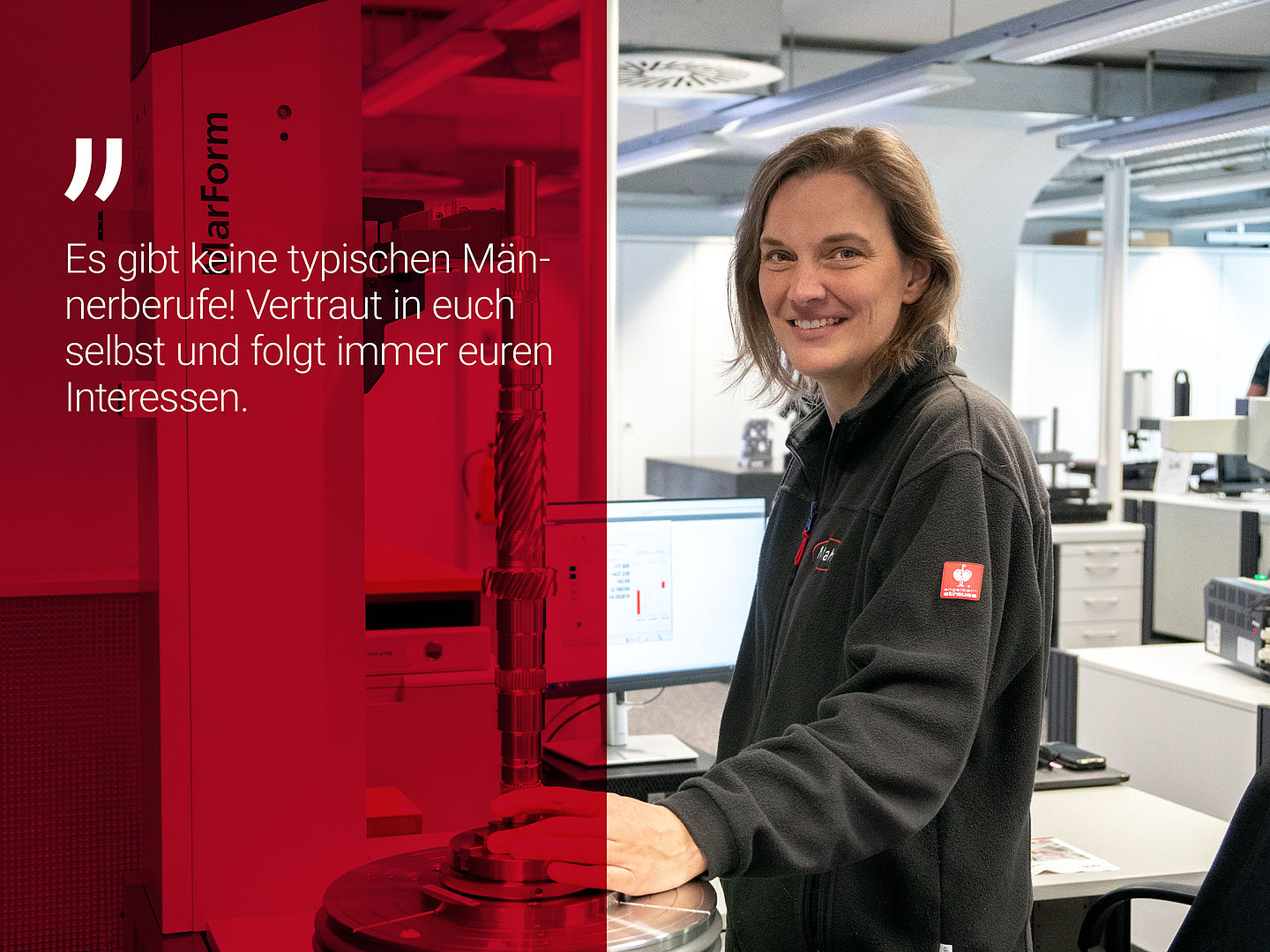
Powerful visibility: what else needs to change?
All in all, the visibility of women in technical professions seems to be on the right track. But the increase in the quota is very slow; women are still disadvantaged in some cases, especially in management positions. This is possibly because many job advertisements are formulated for men only [article on Spiegel.de] or because male managers predominantly hire their peers, i.e. other men [source: allbright Foundation]. However, the most important change that is happening and must continue to happen is in the behavior of women themselves: They often lack the courage to stand up to male applicants in supposedly "men's jobs," even though they are no less qualified professionally.
As the visibility of women in technical professions in Germany increases, the inhibition threshold for other women who have not yet dared to gain a foothold in these areas drops at the same time – these are the assessments of our female employees. Their message to women who want to enter technical professions:
- Believe in yourselves and your abilities and don't let your environment put you off!
- Try things out and learn what you like! Don't be impressed by the clichés.
- Educate yourself further! This is important for yourselves and for discovering new areas and not standing still.
- Have courage and trust in your strengths!
- Do not be afraid of failure! It helps you to find your way.
Nicola
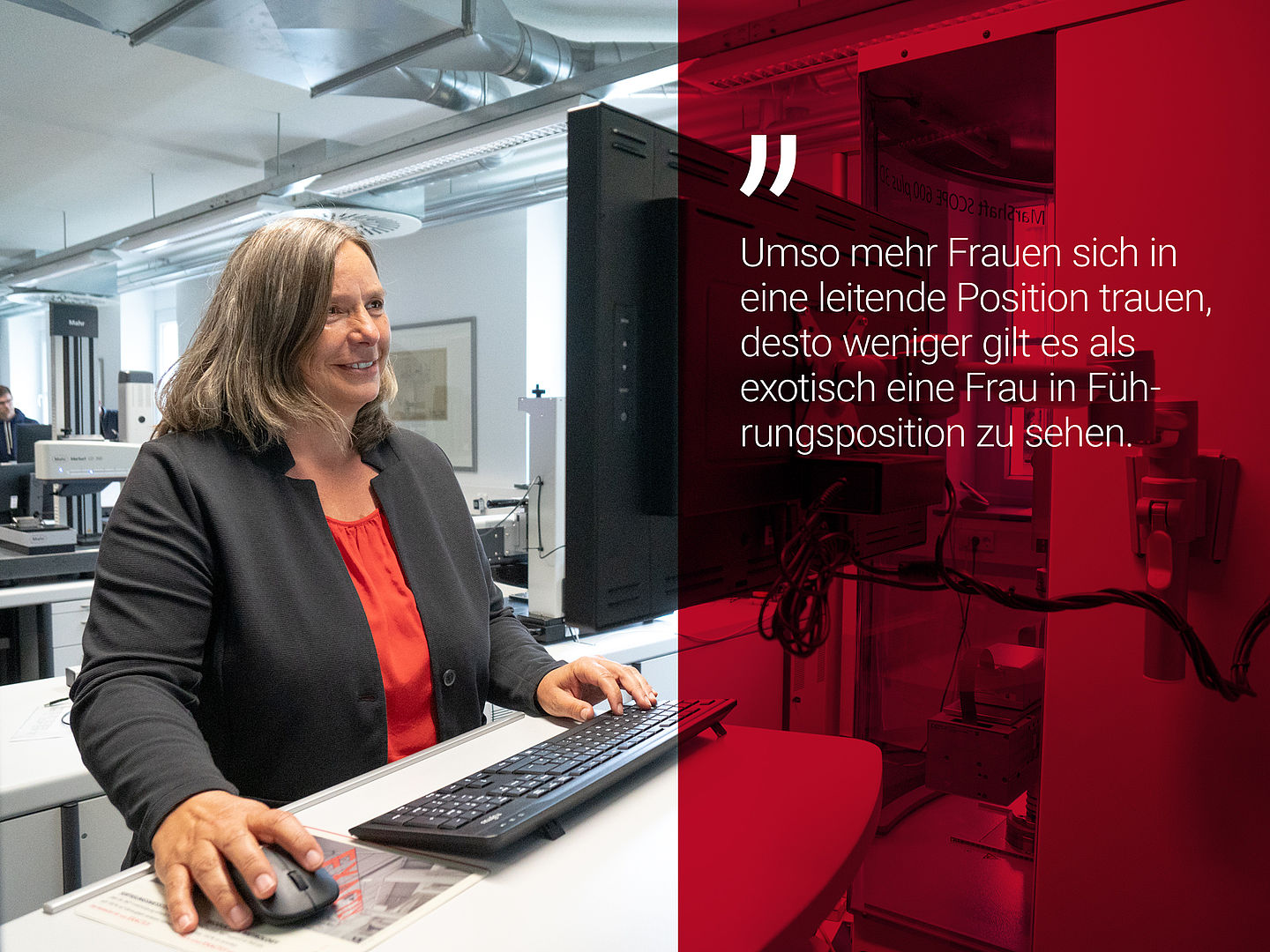
Are you interested in a technical profession?
Mahr offers career opportunities – in the form of training or for experienced professionals. Feel free to visit our website!
